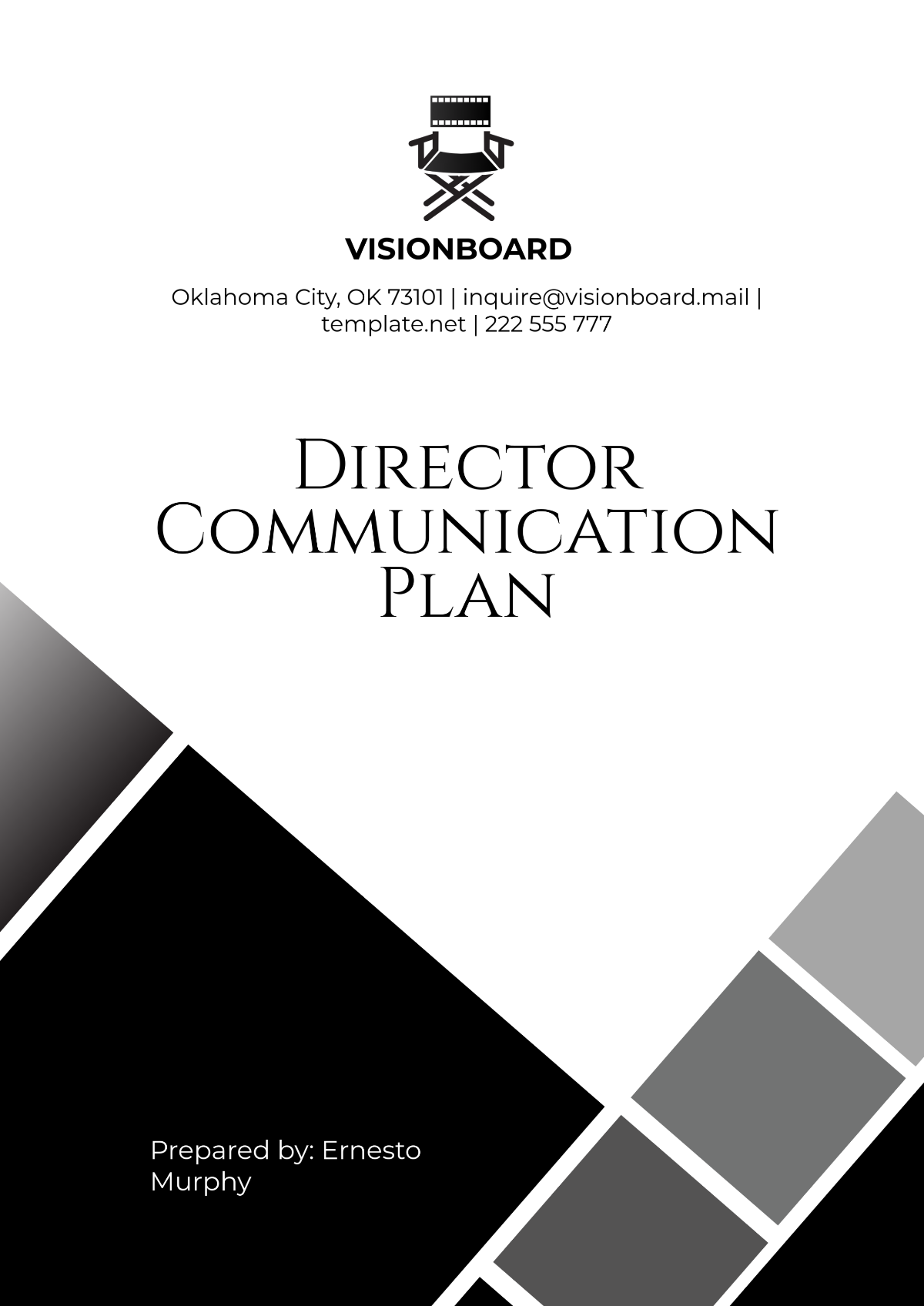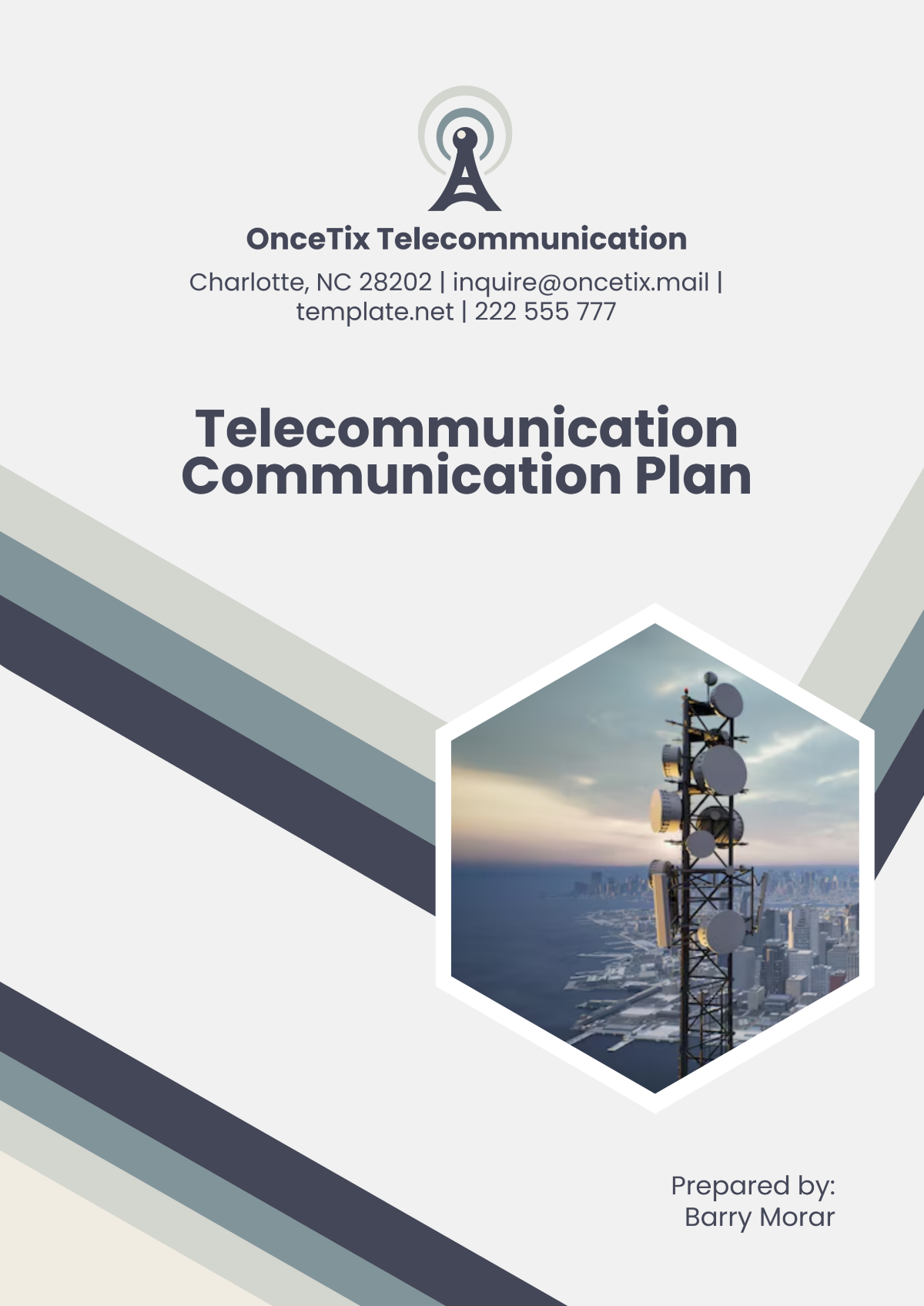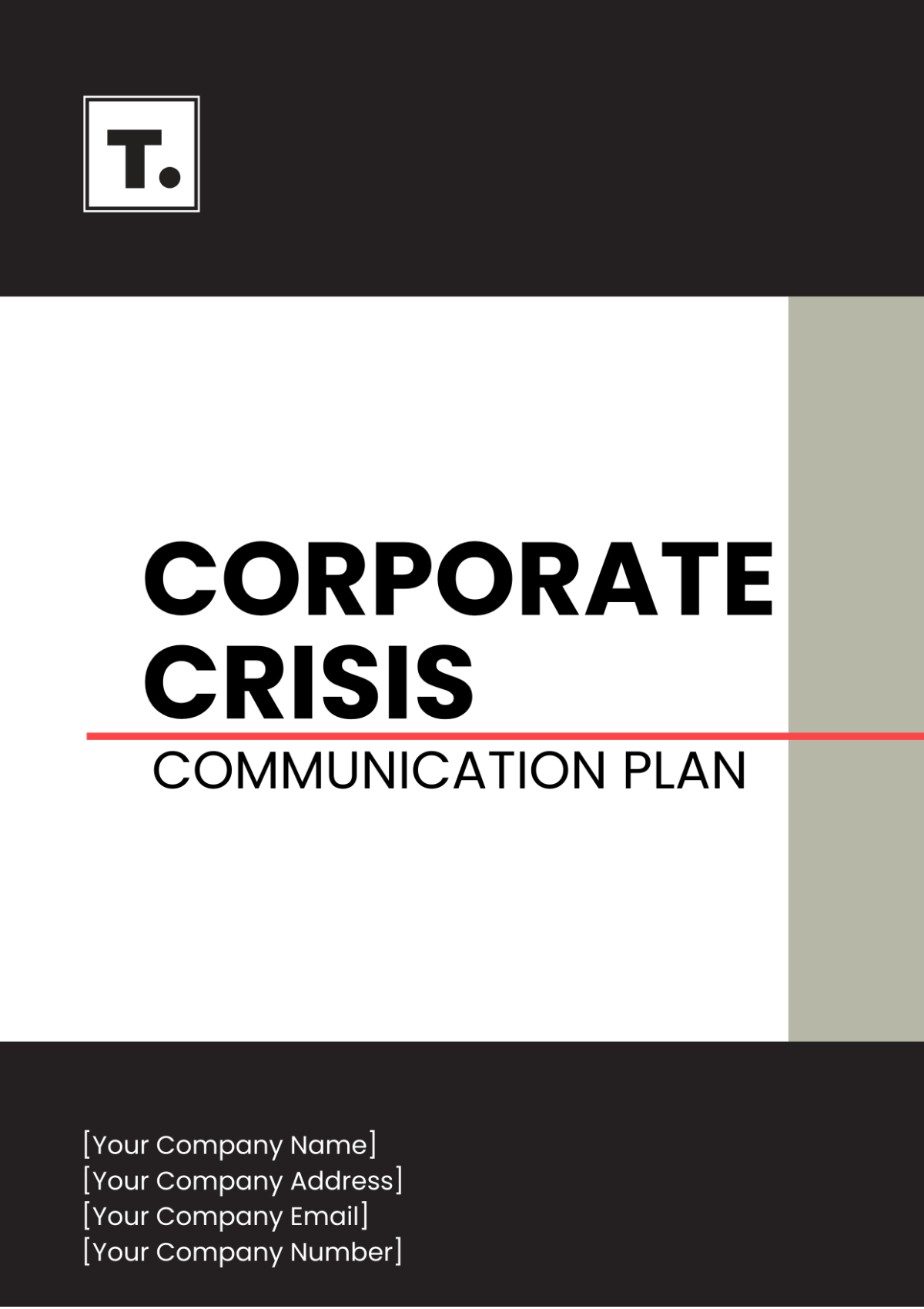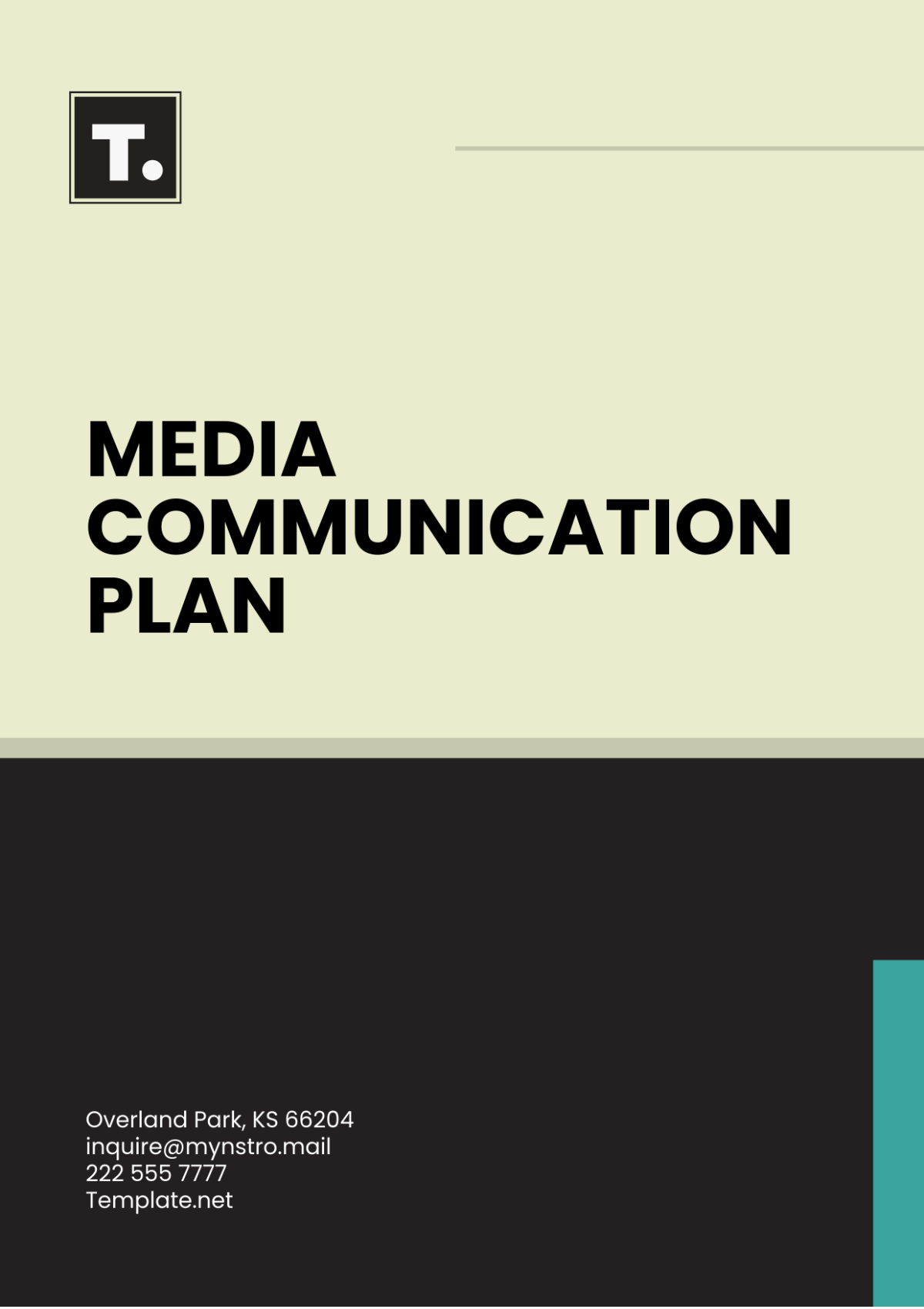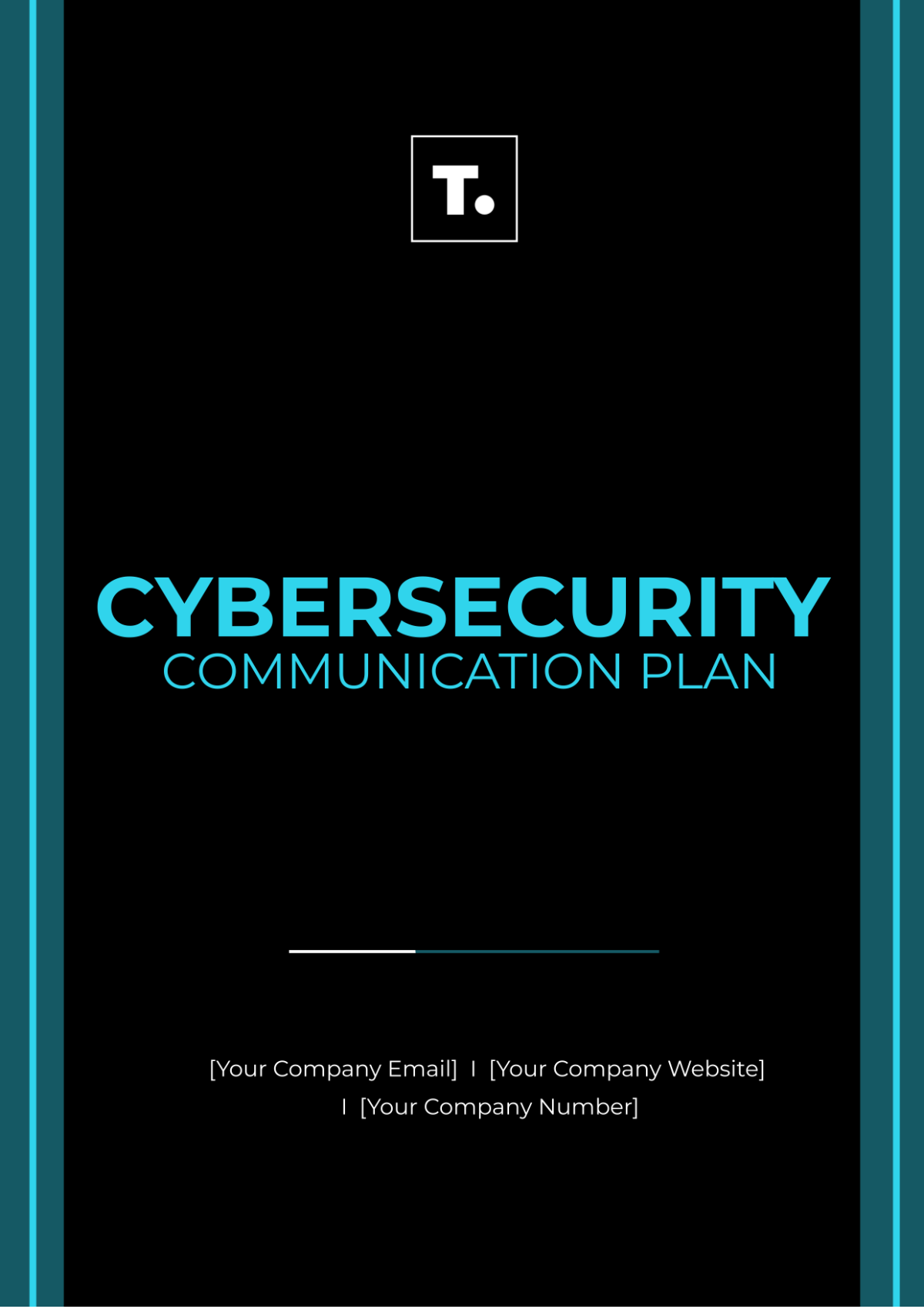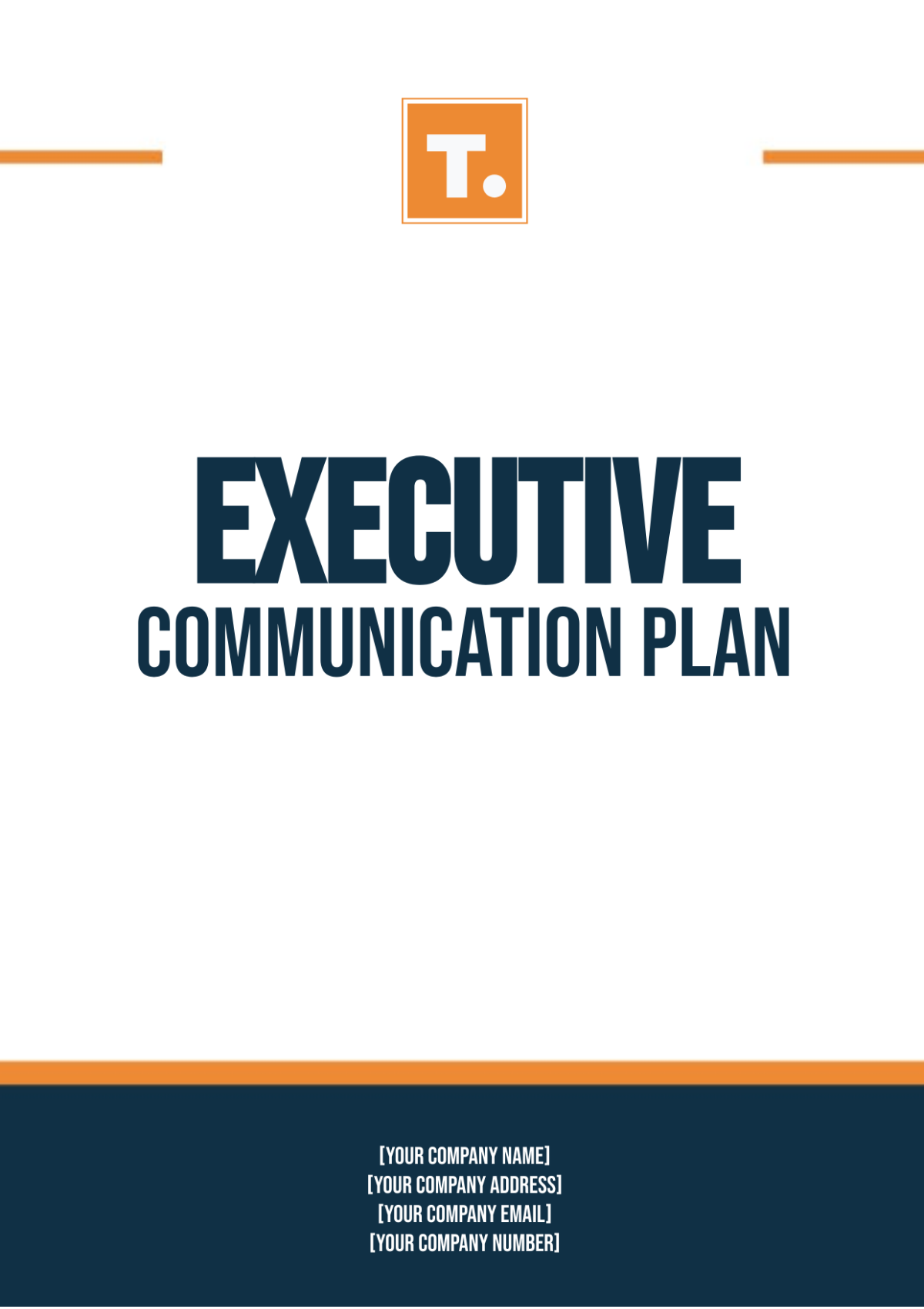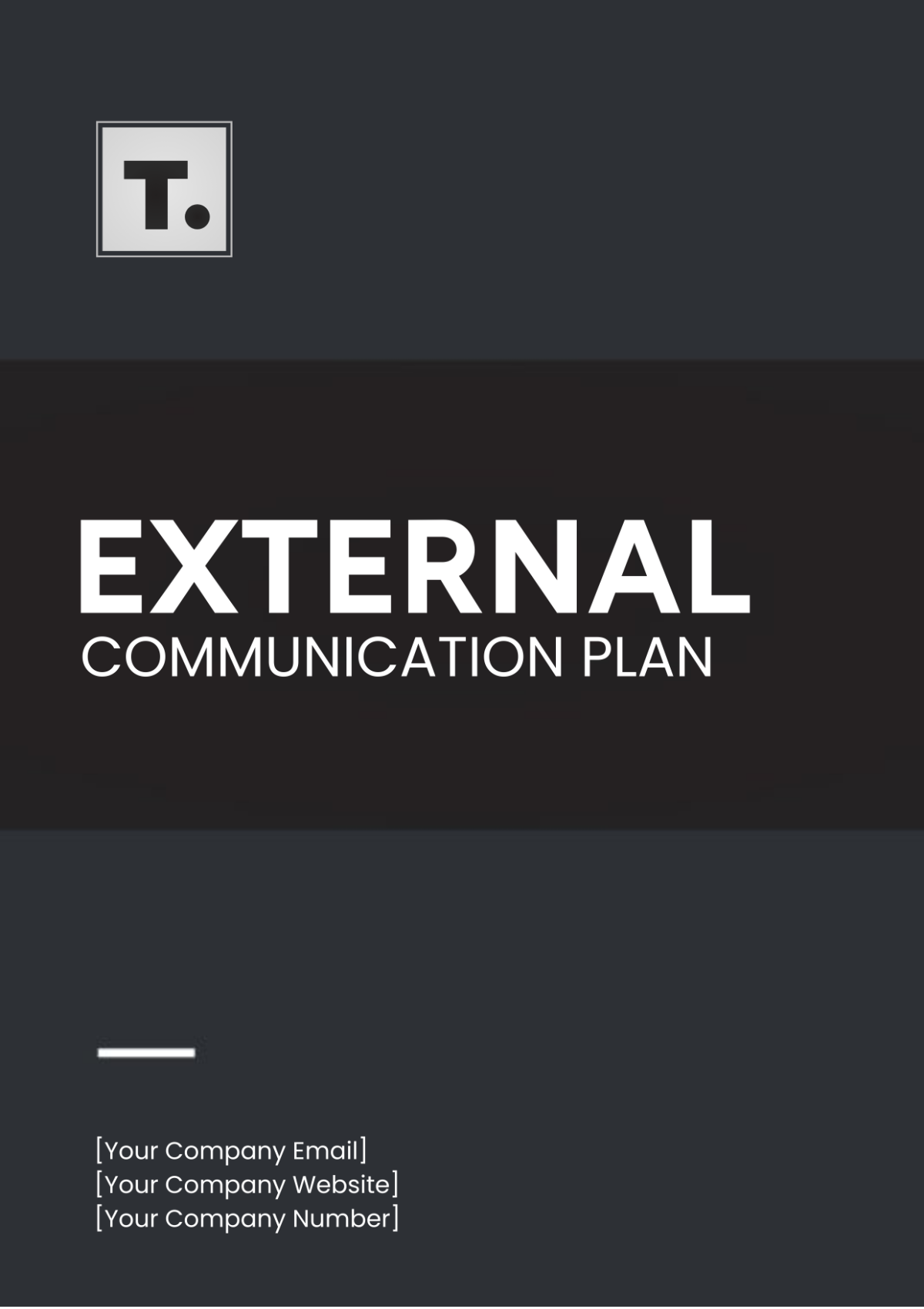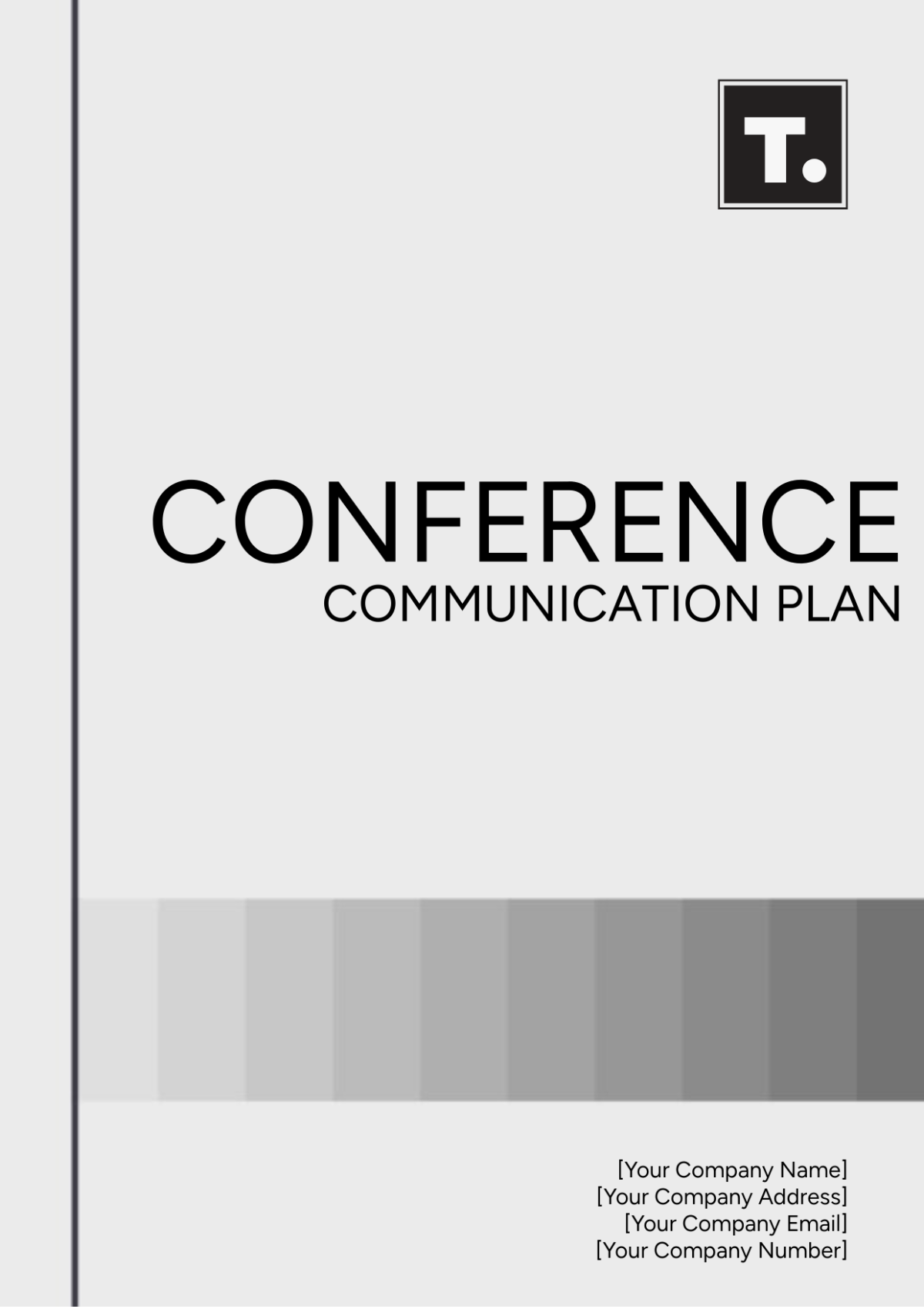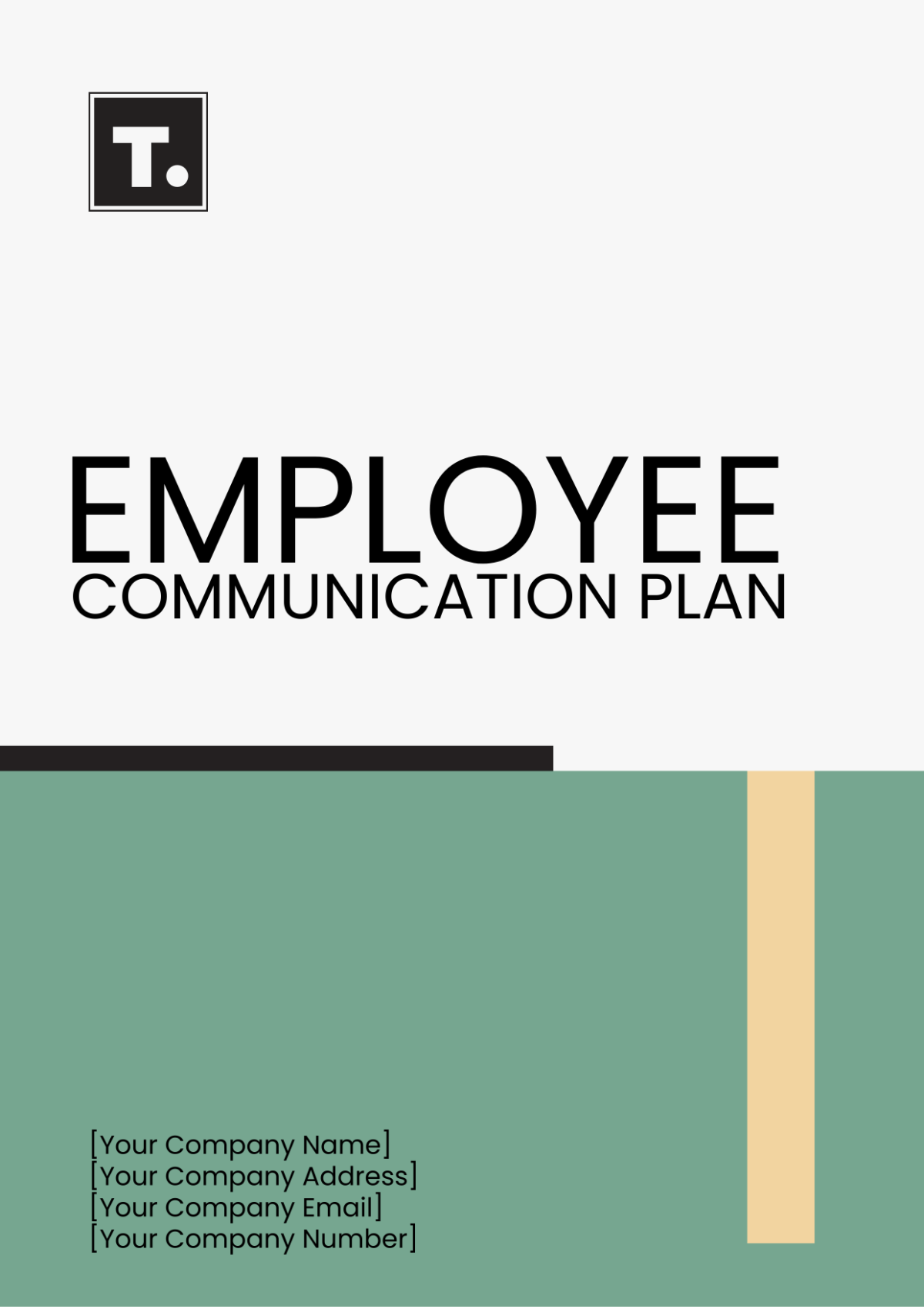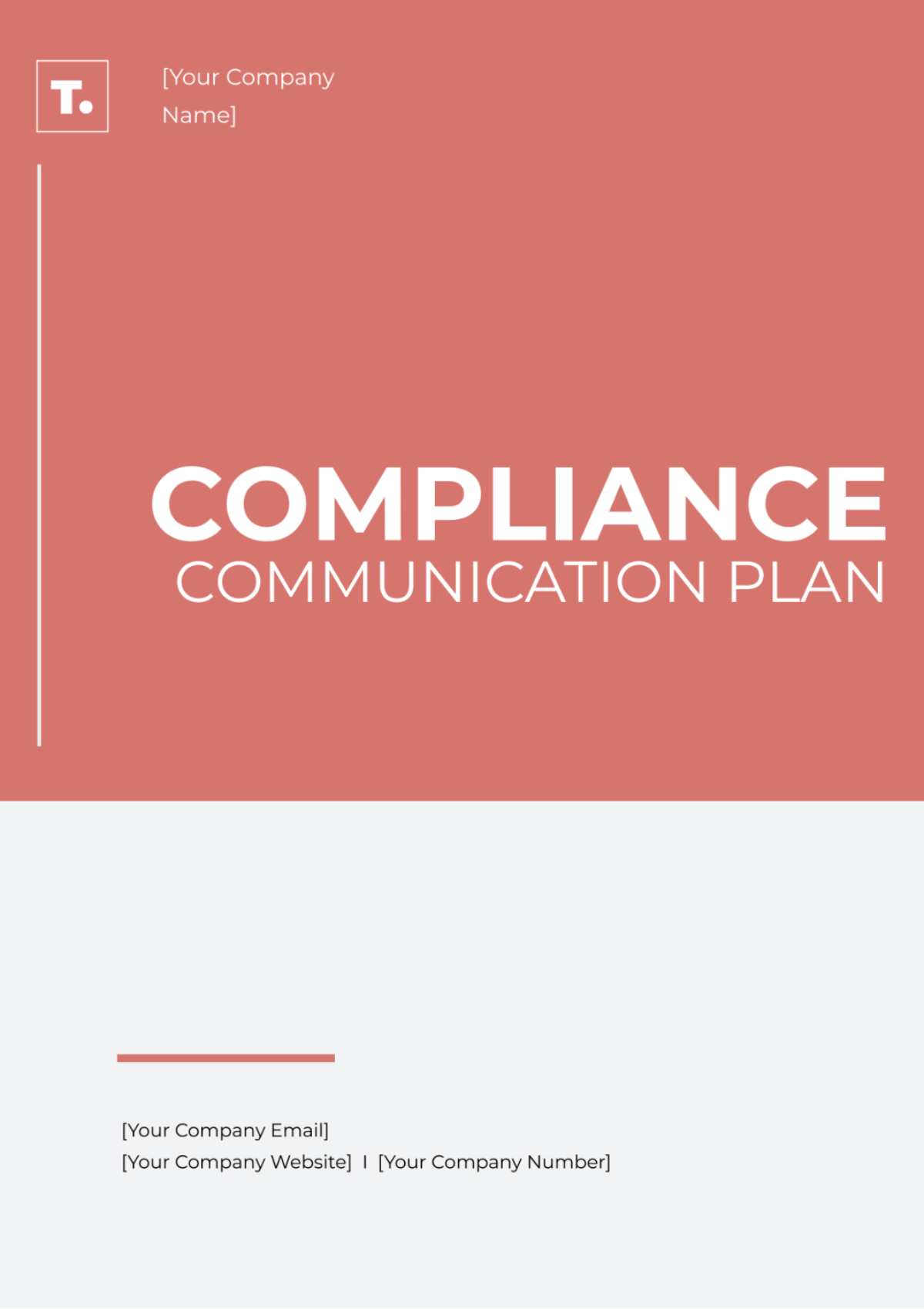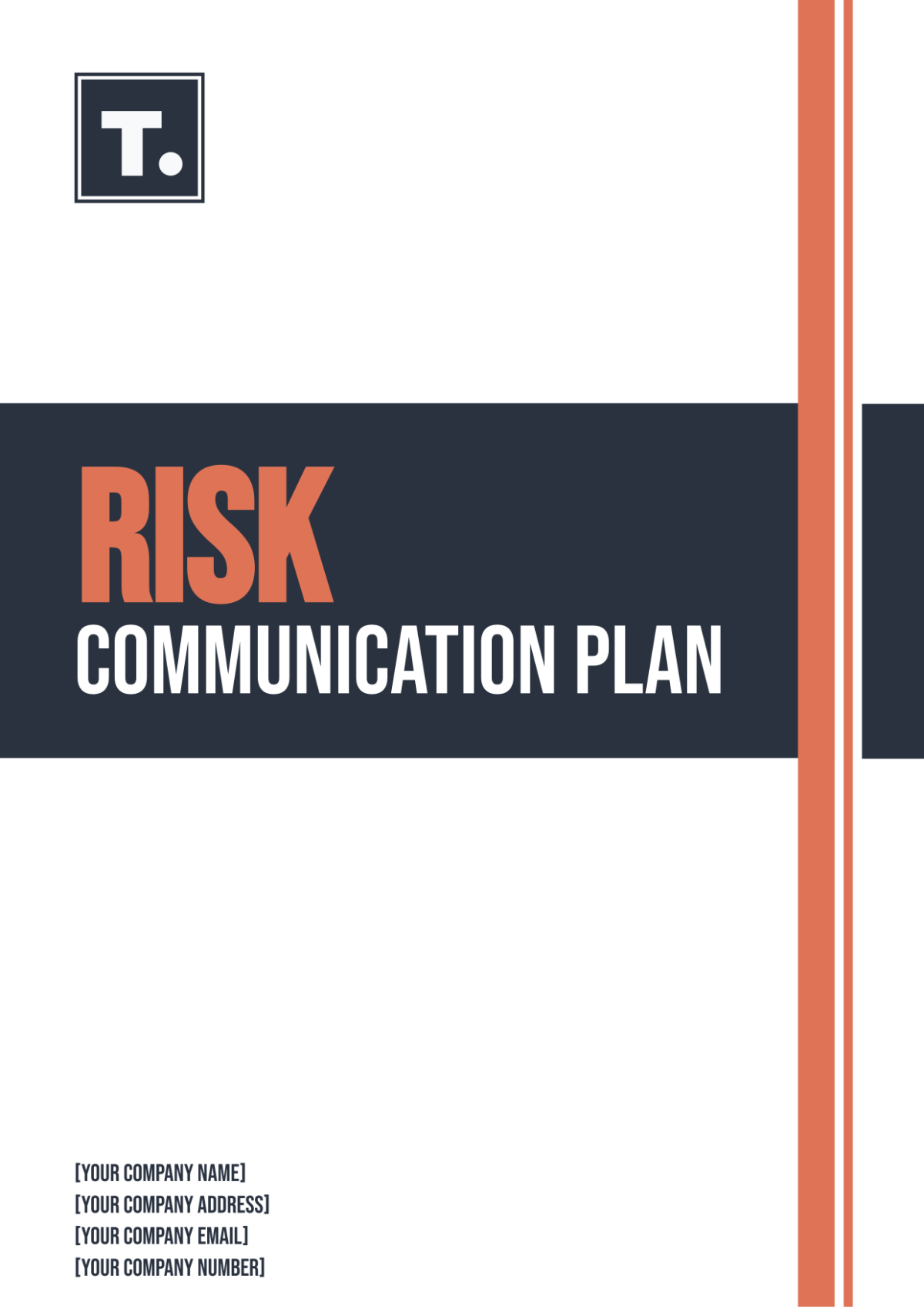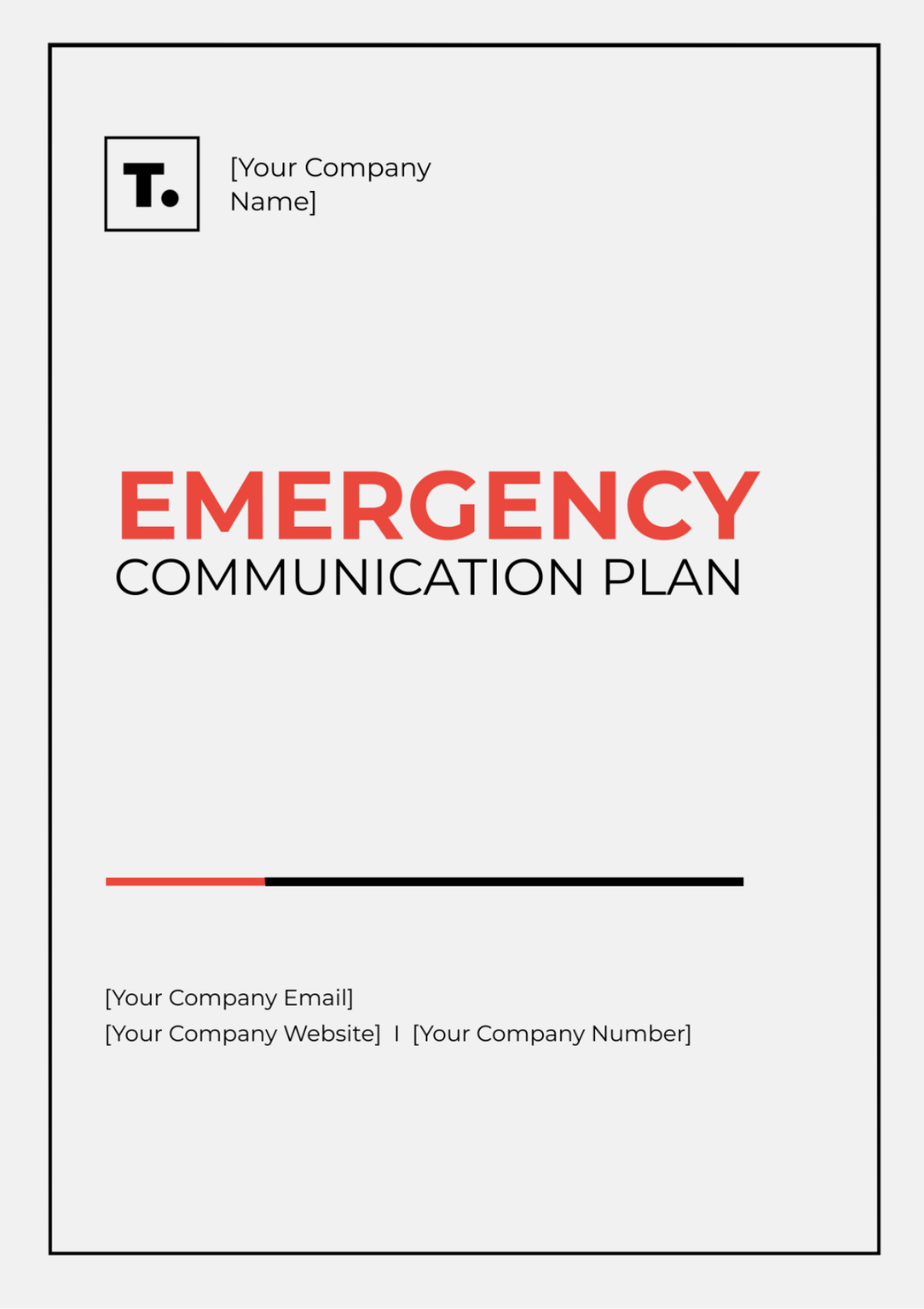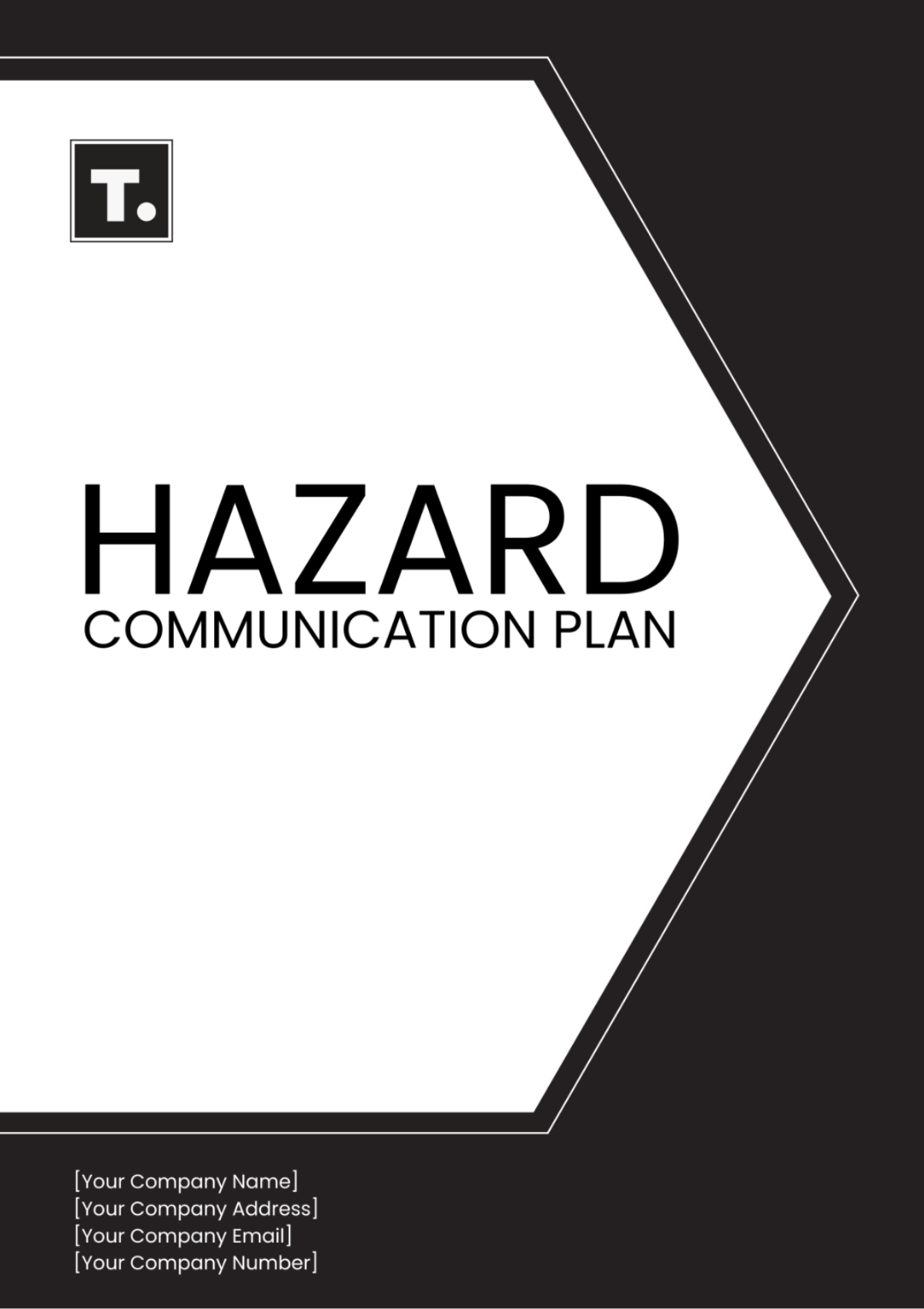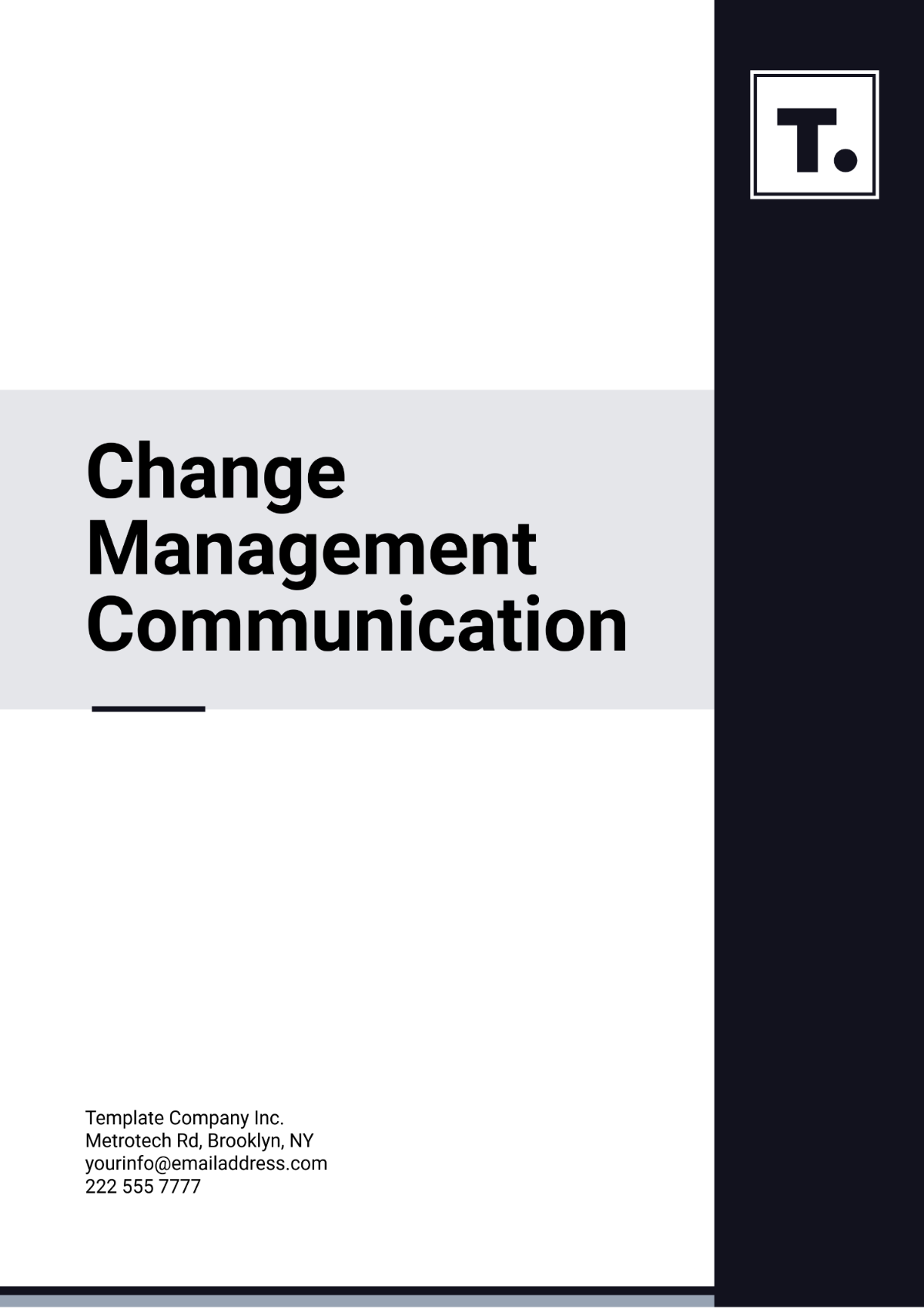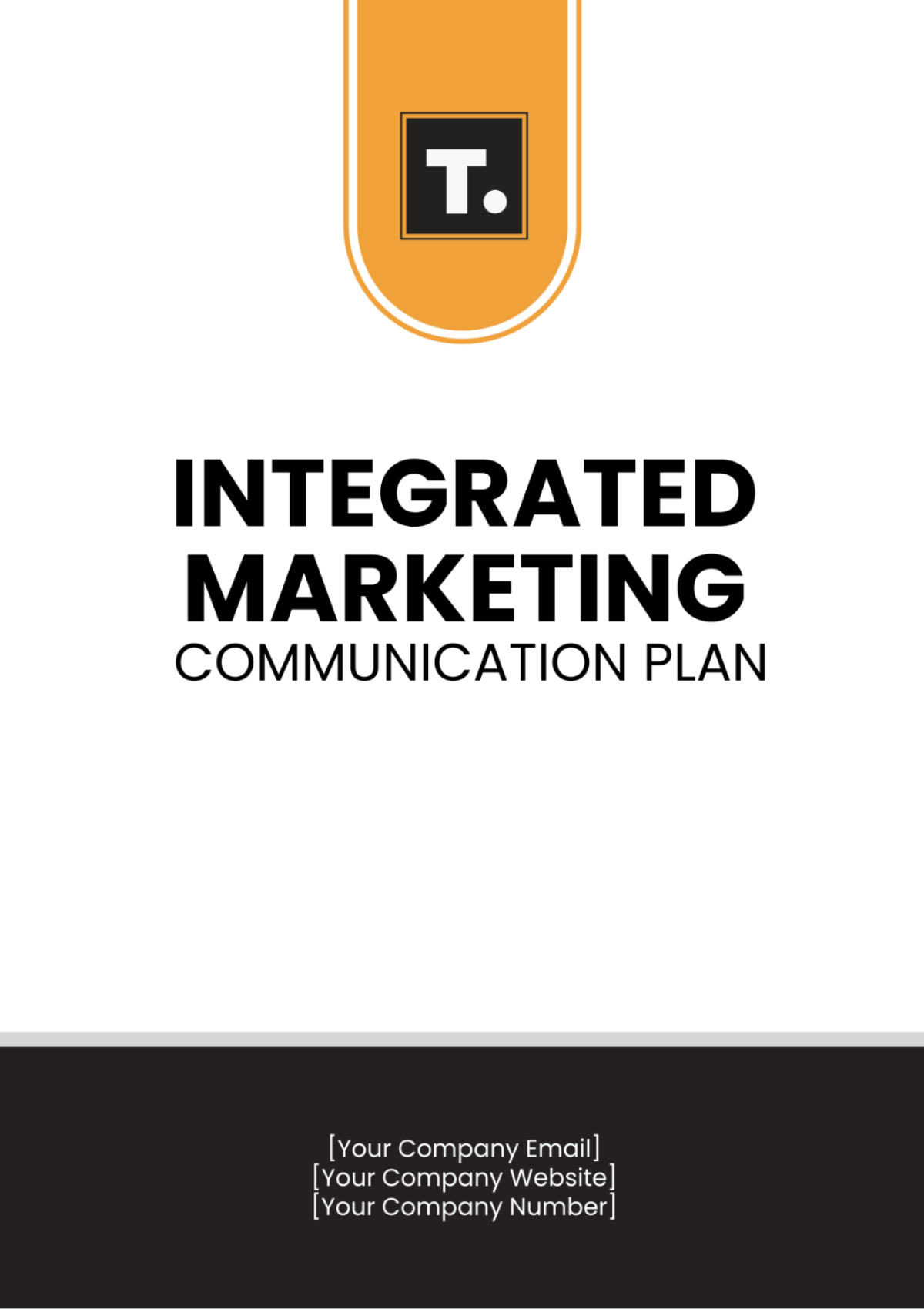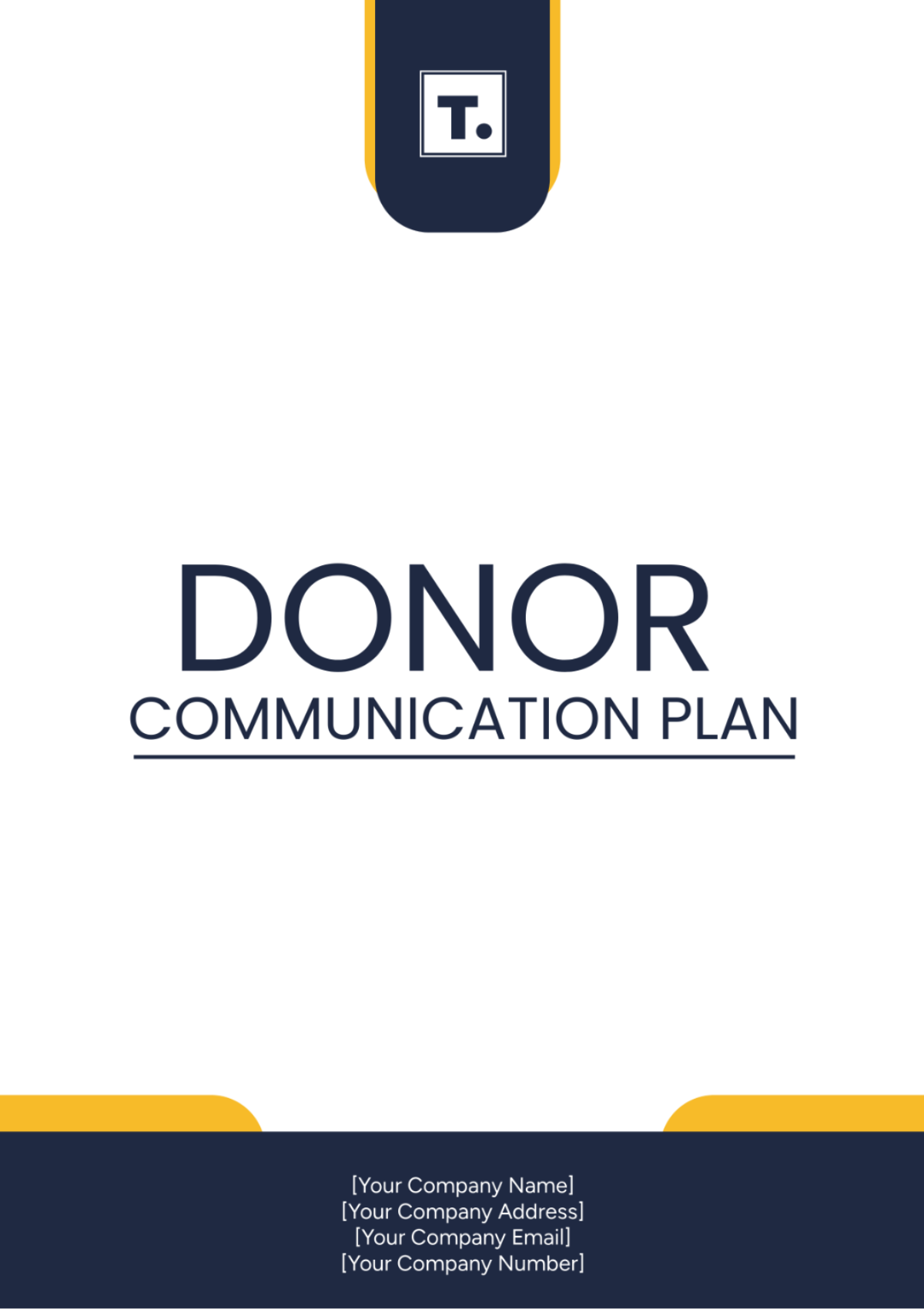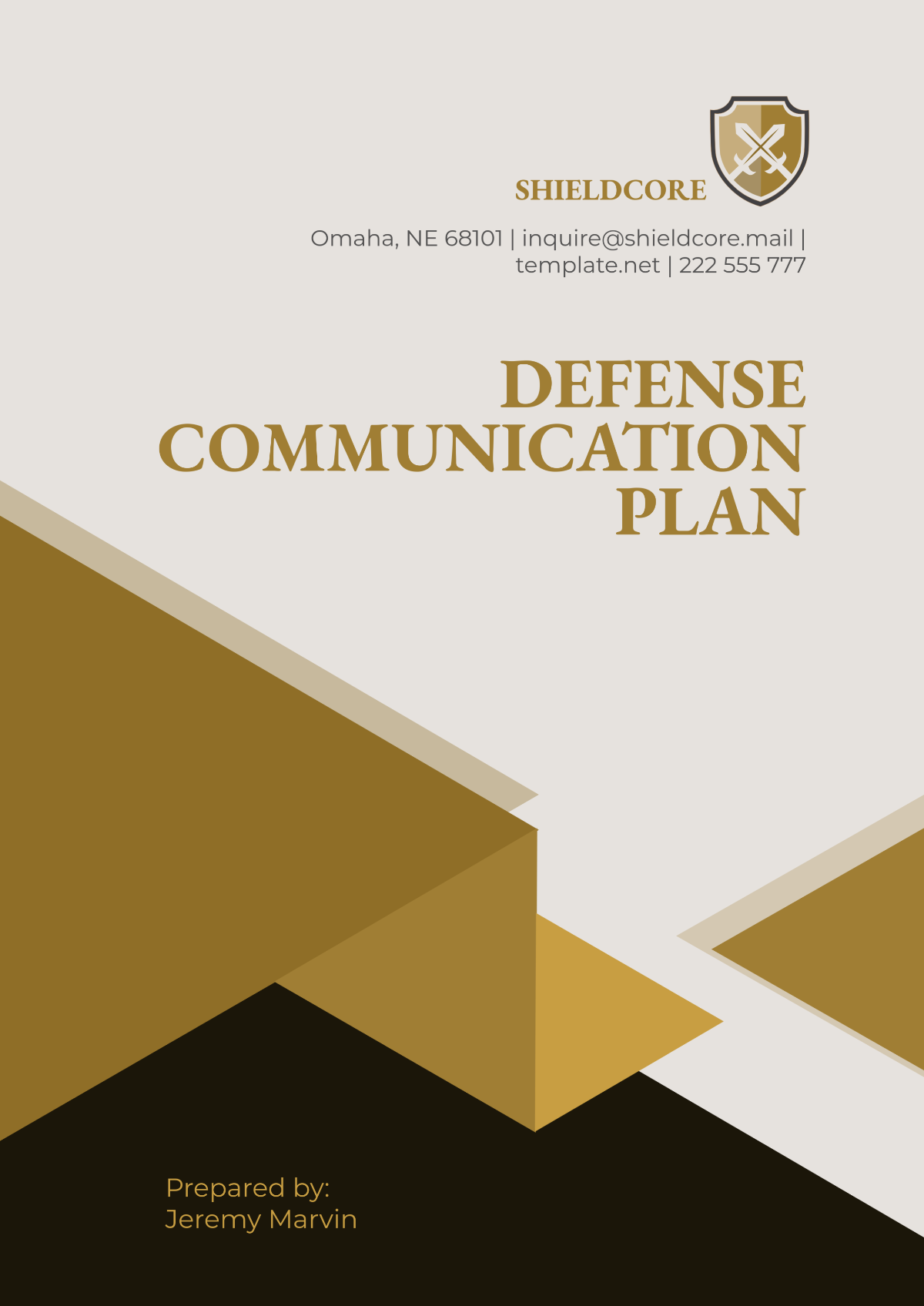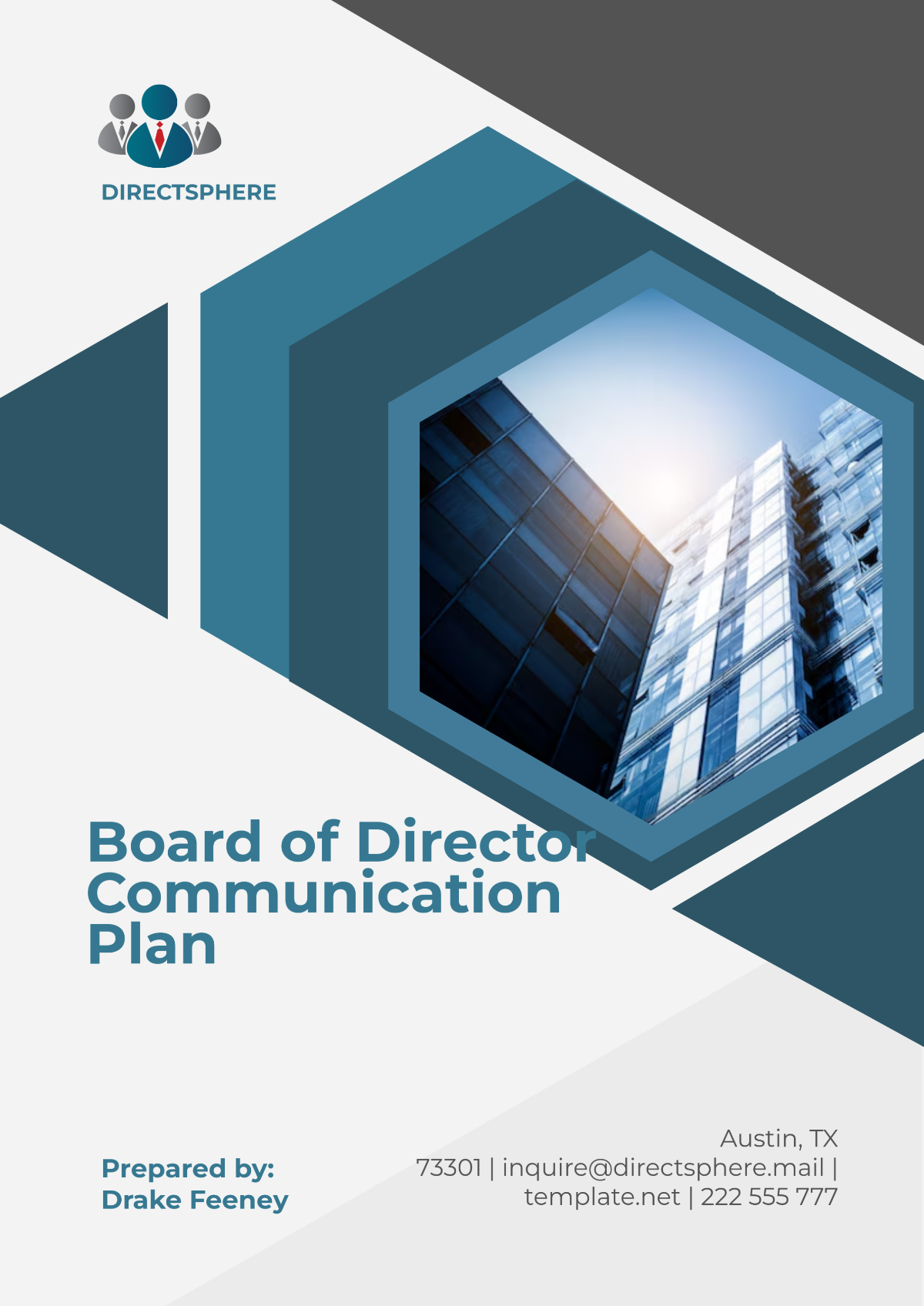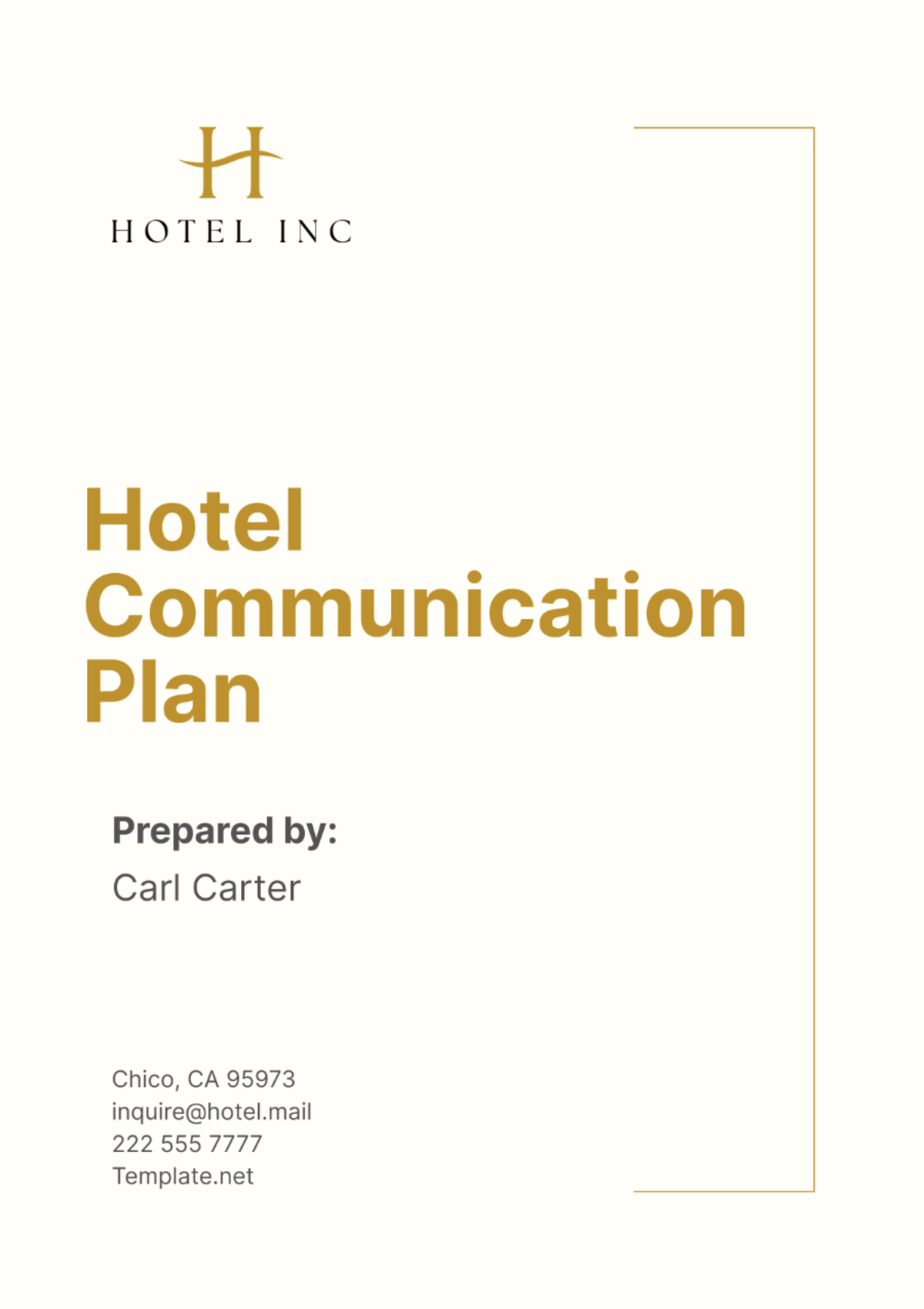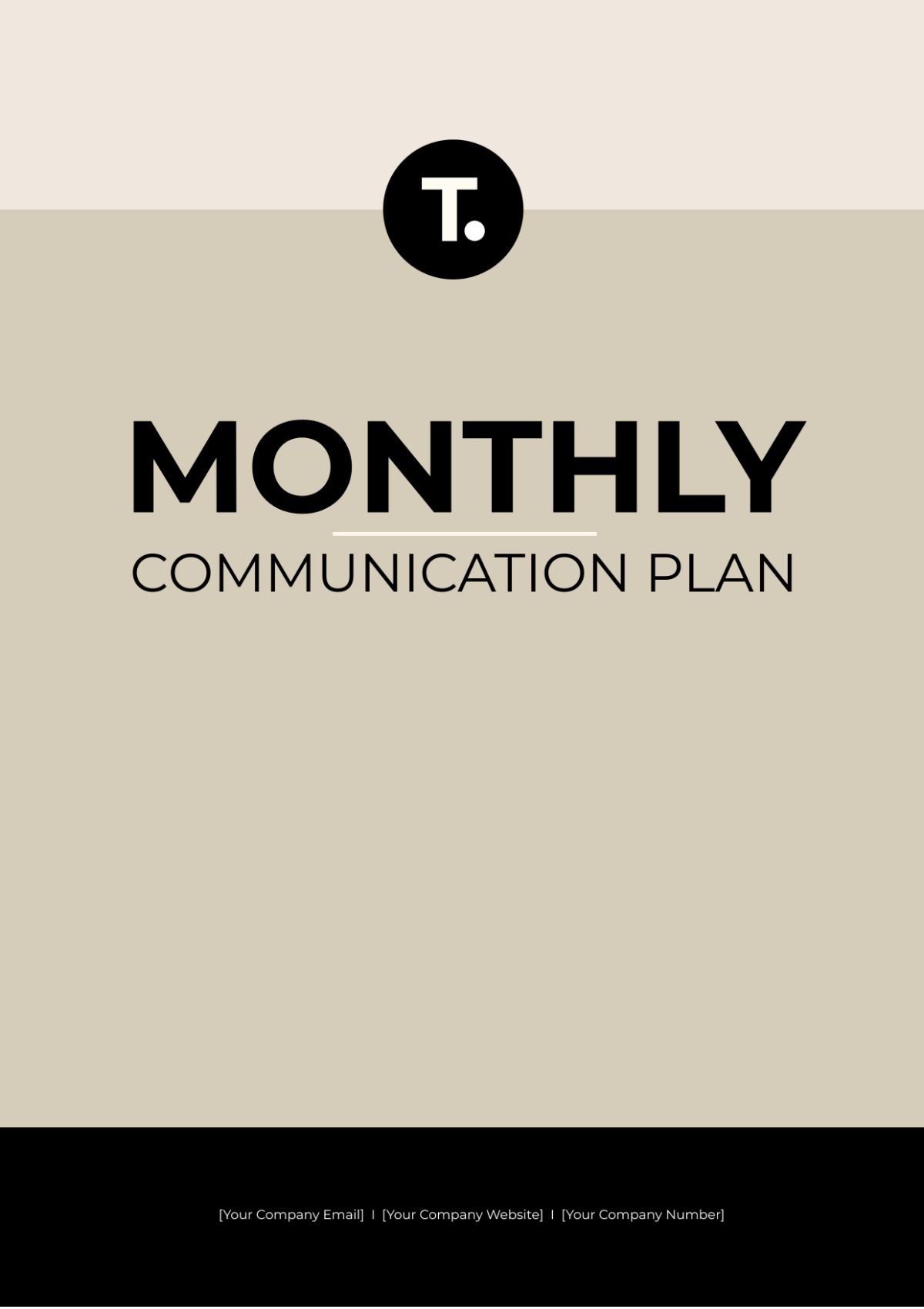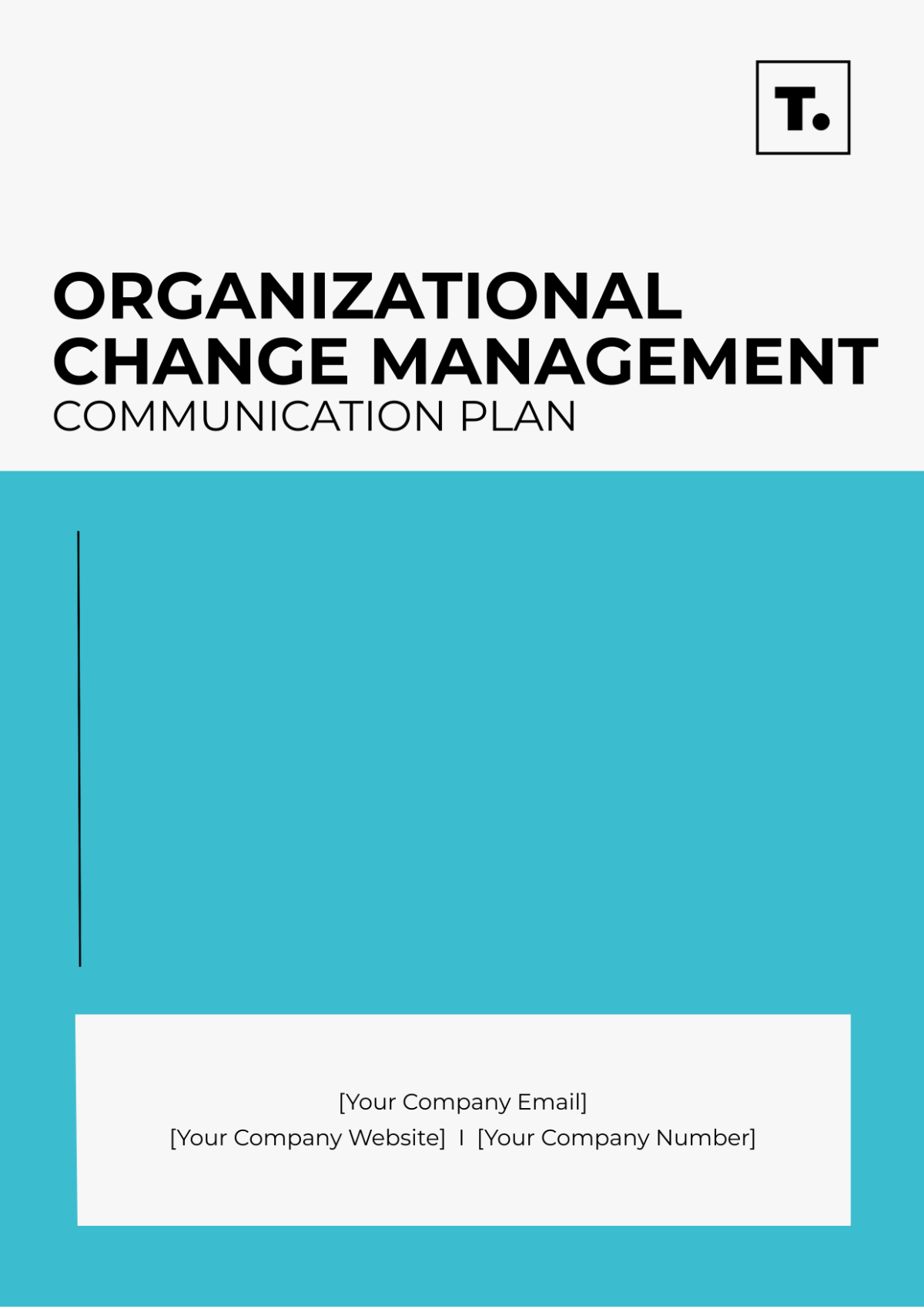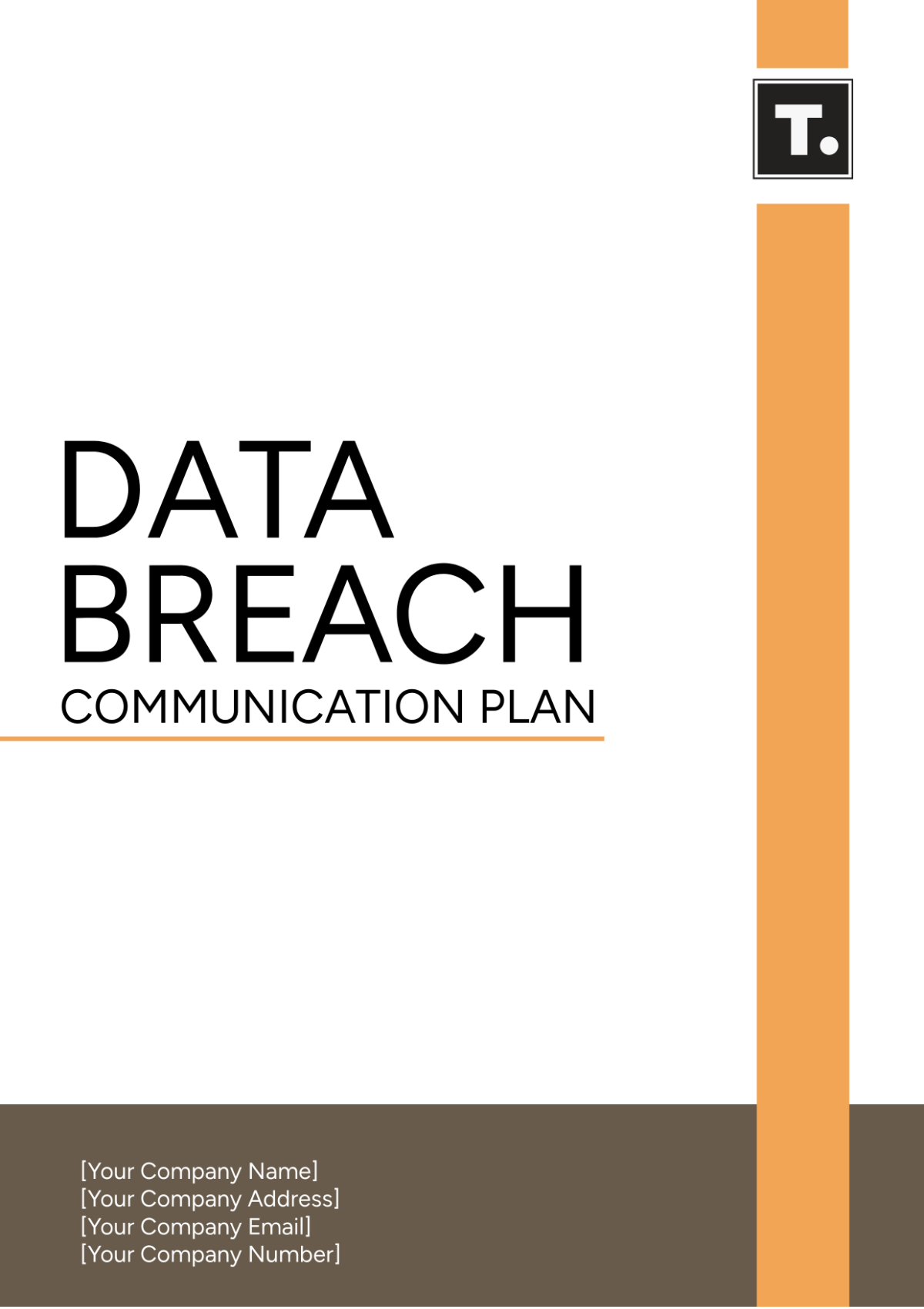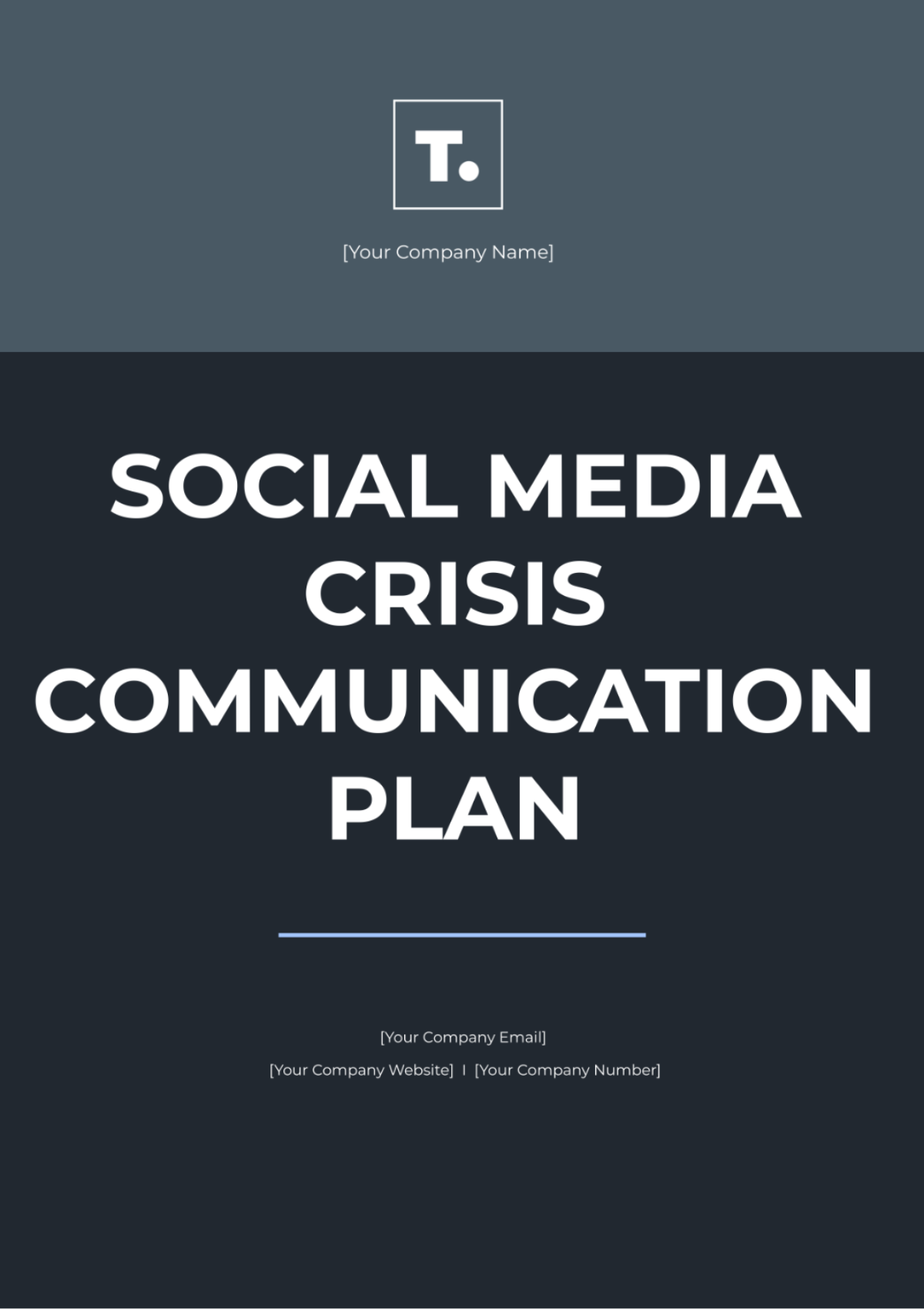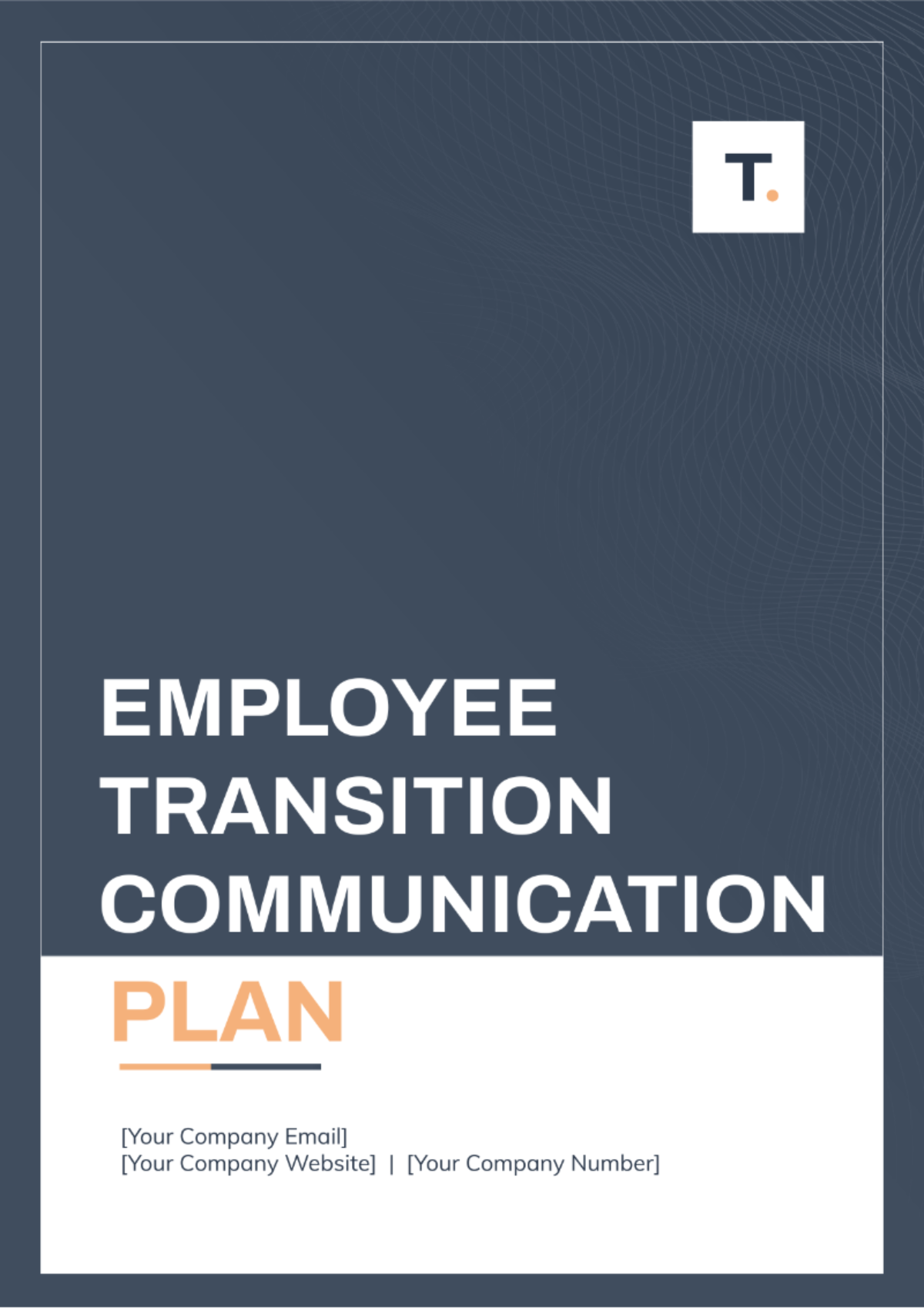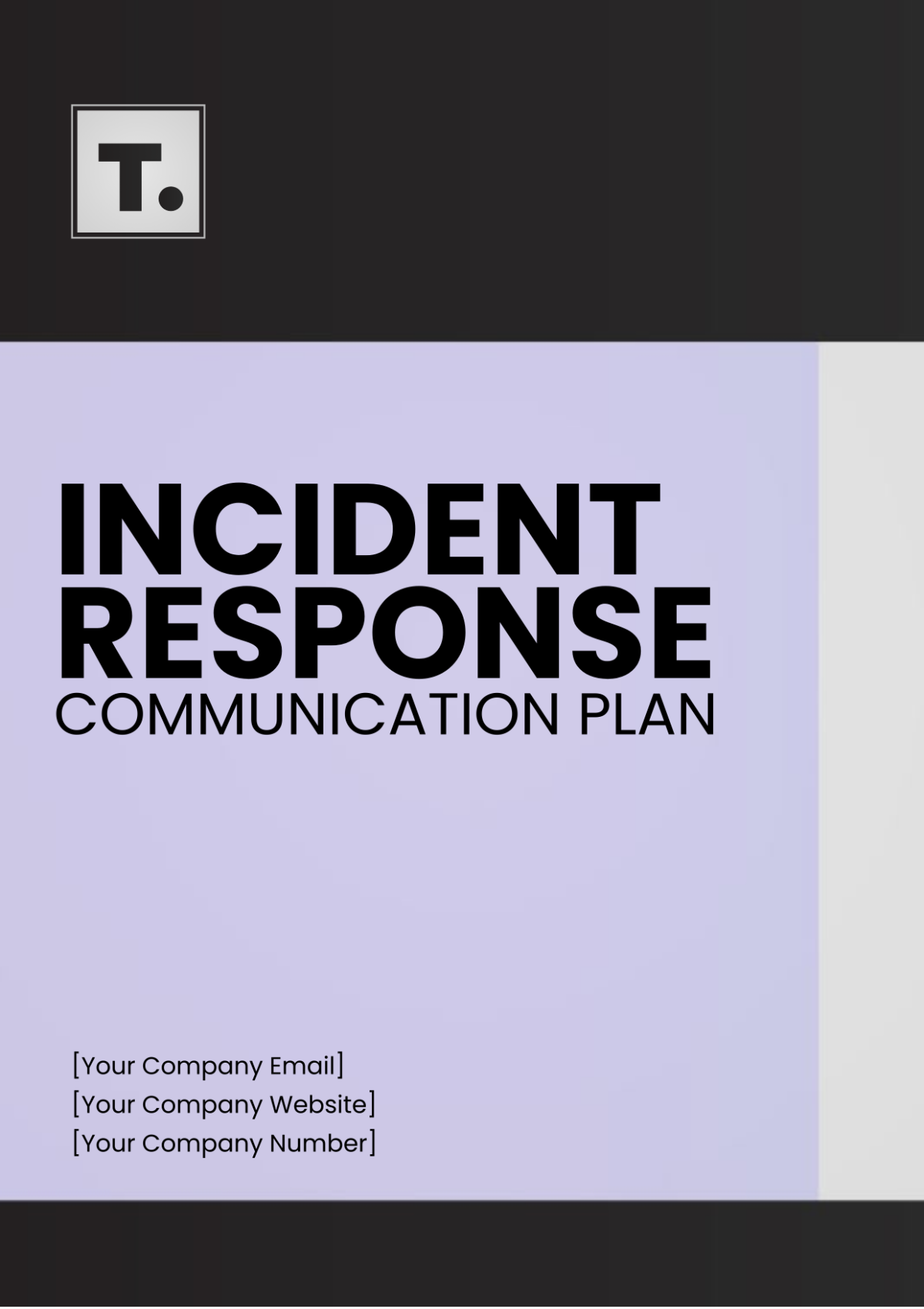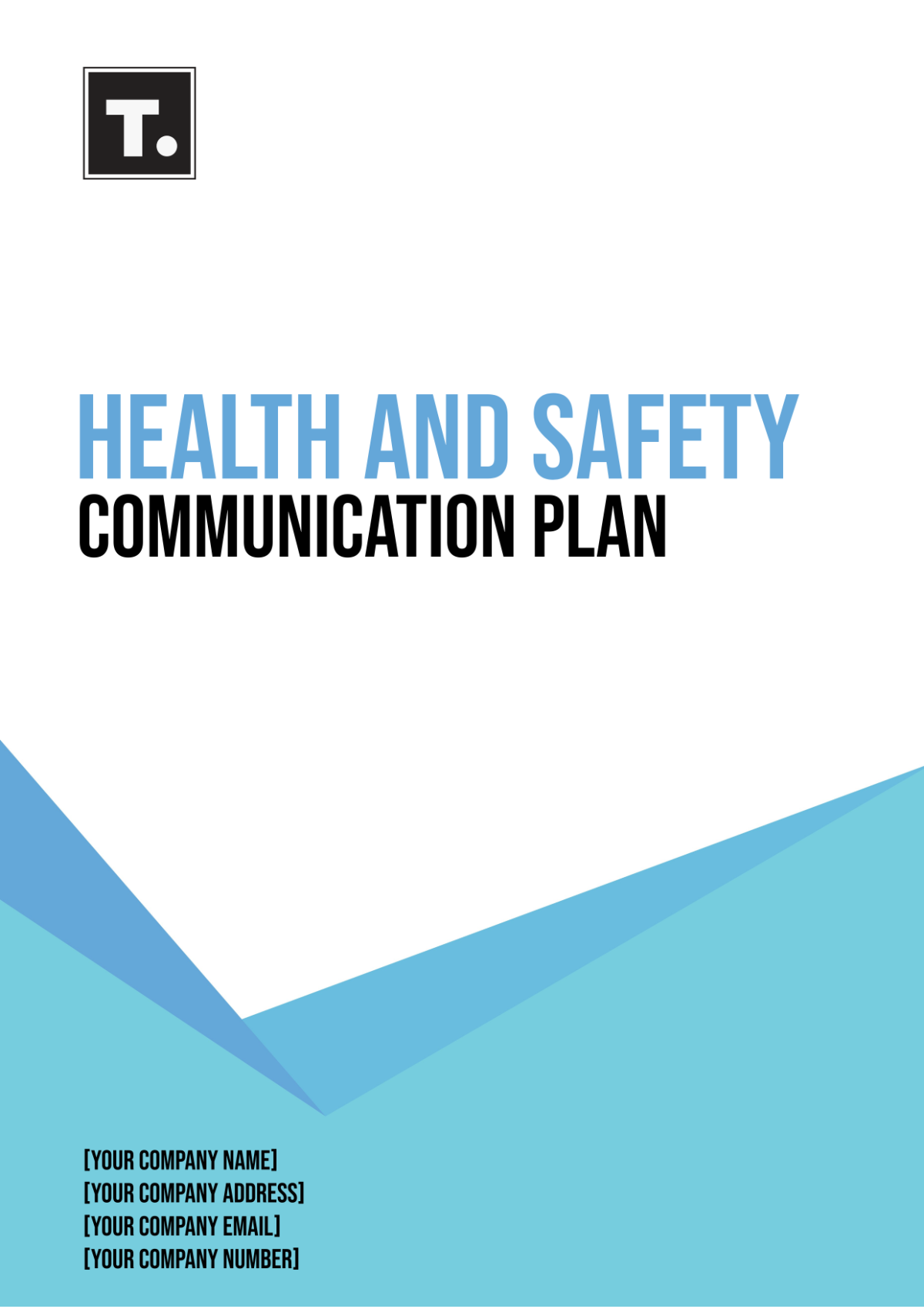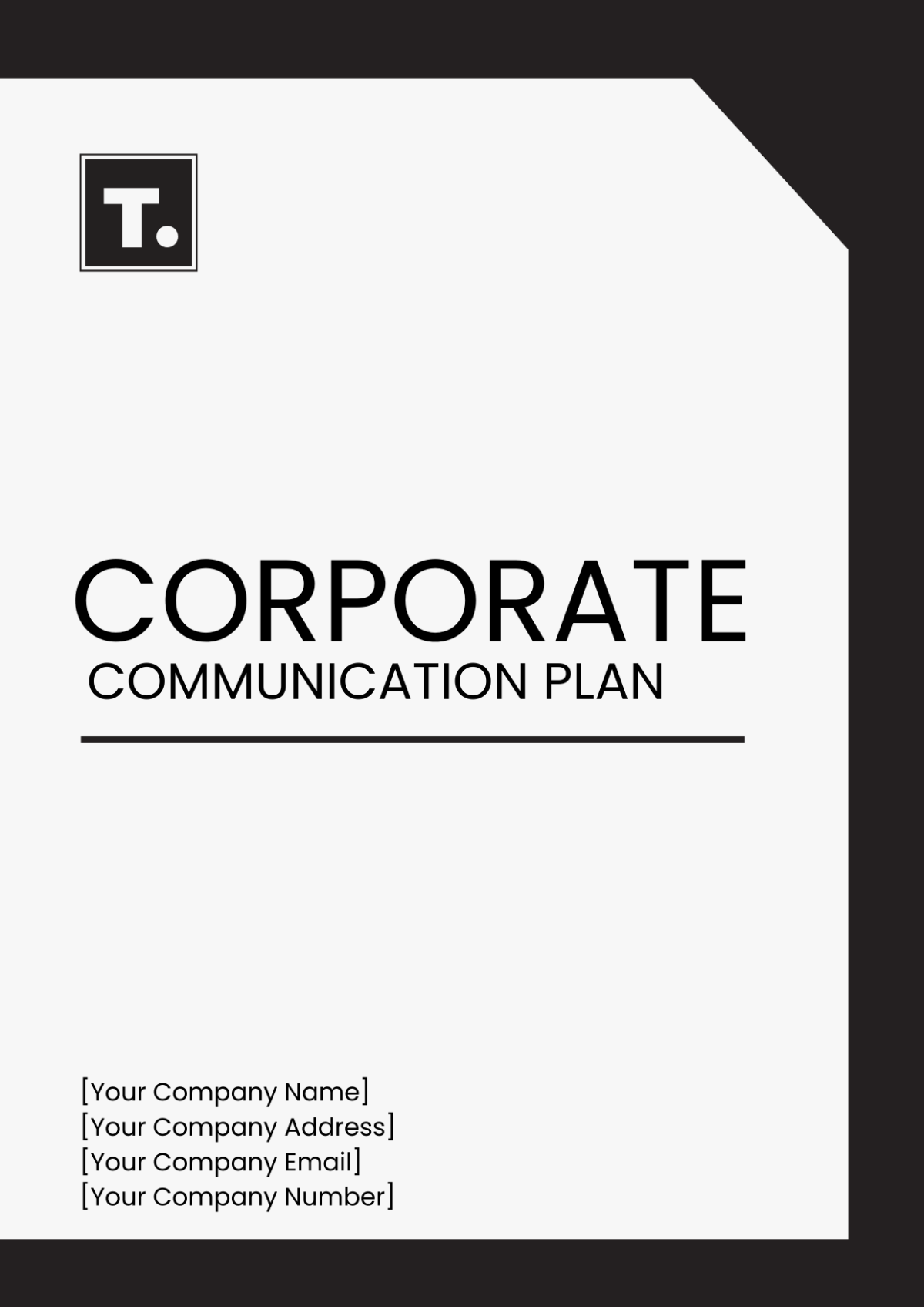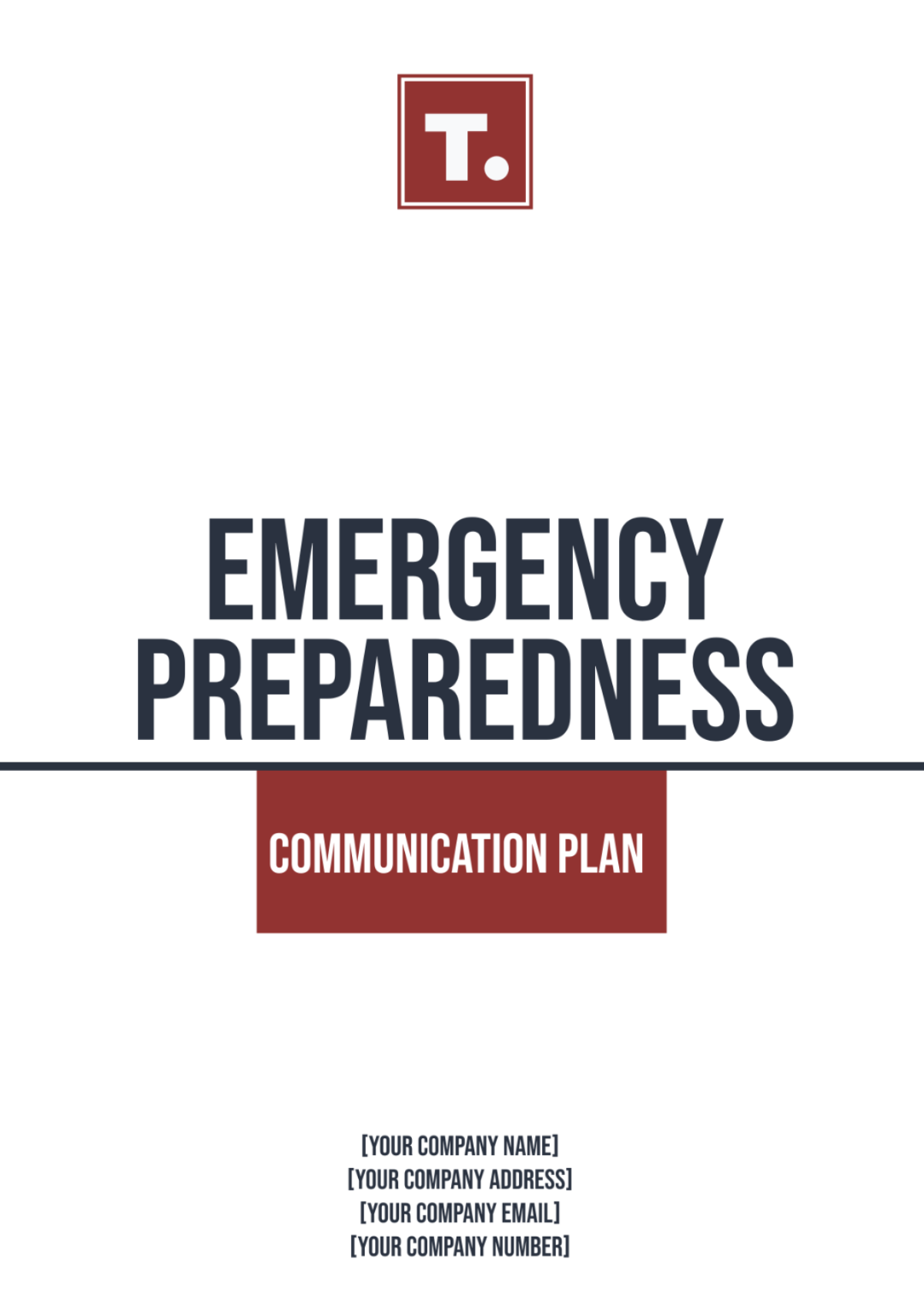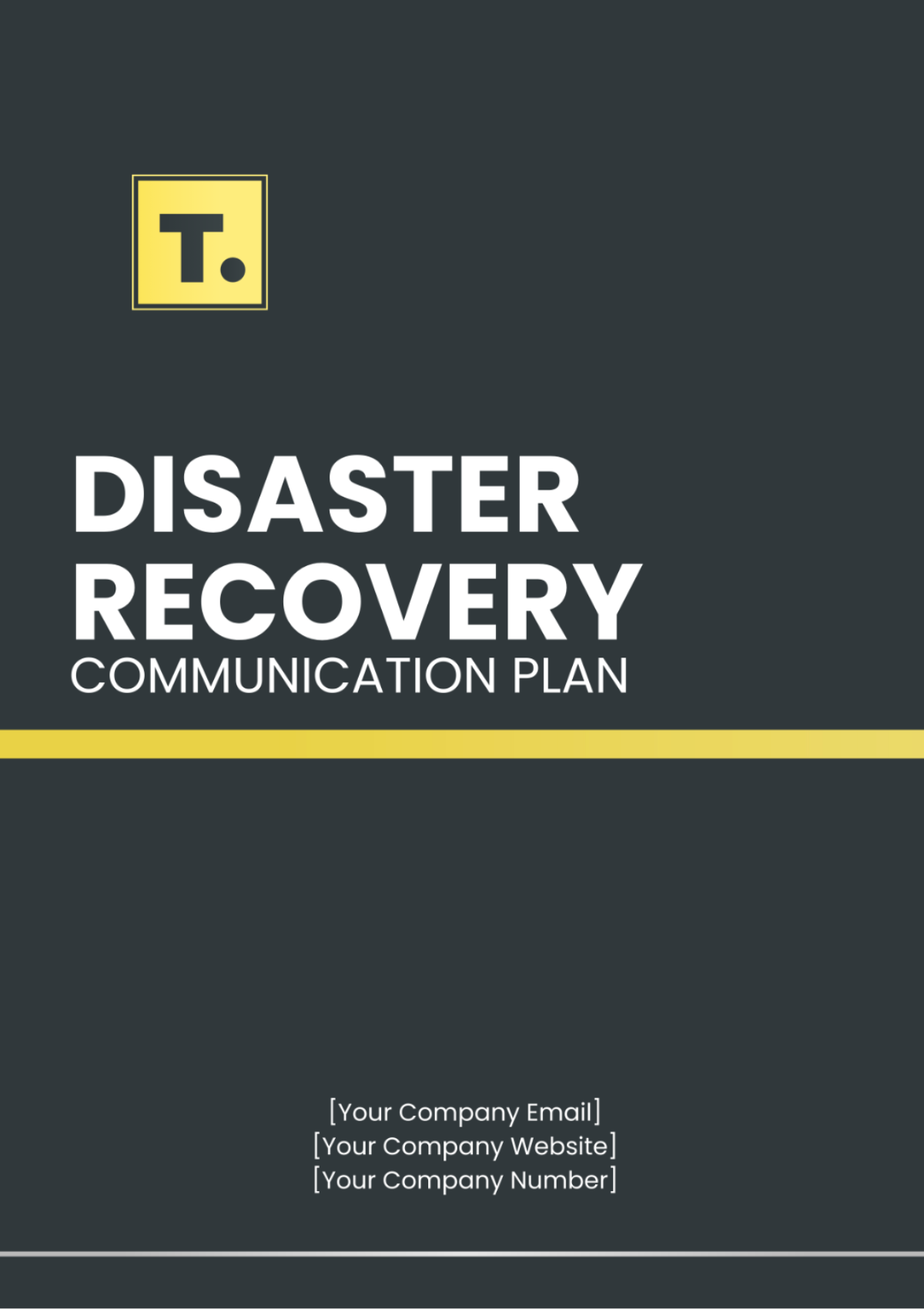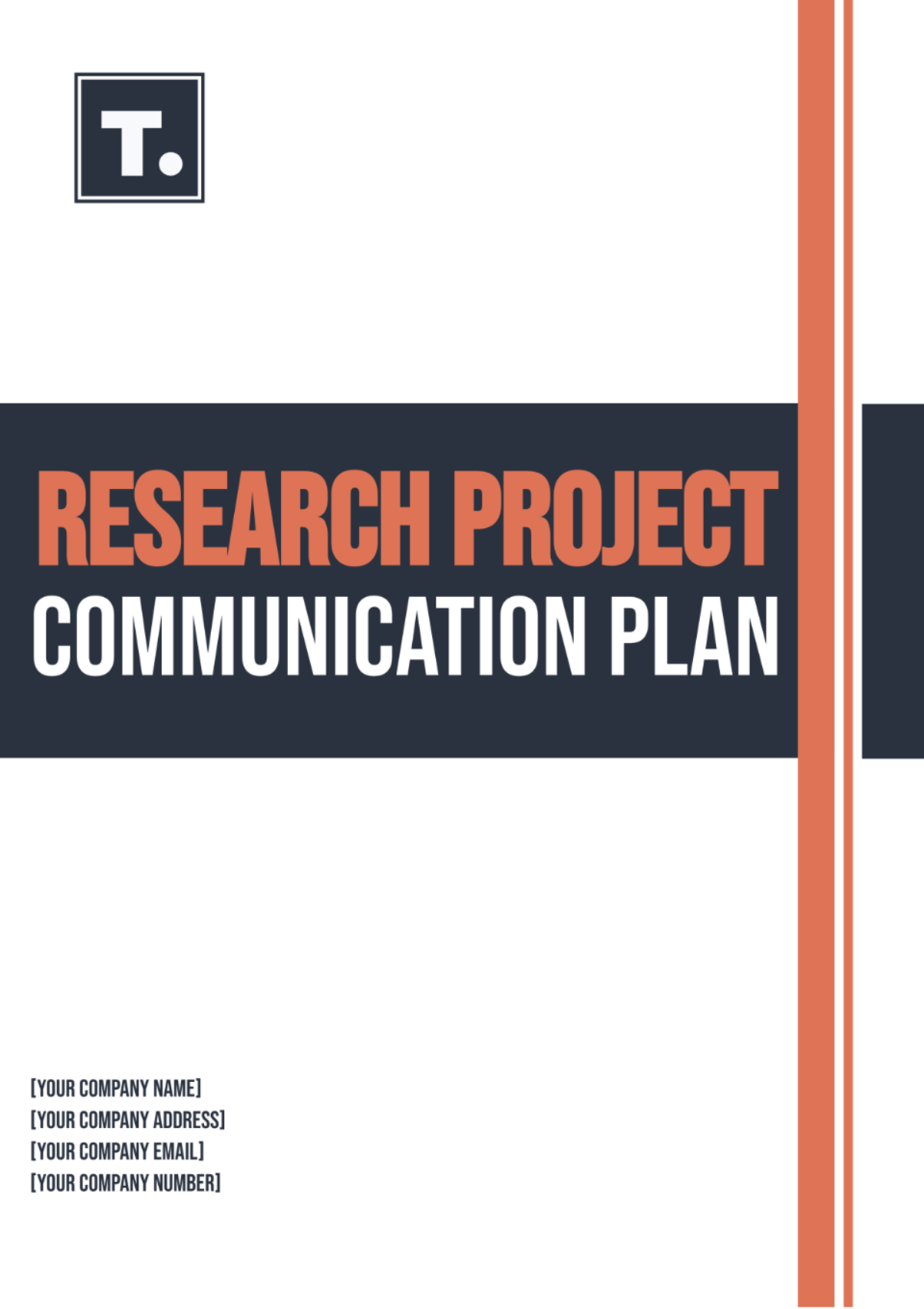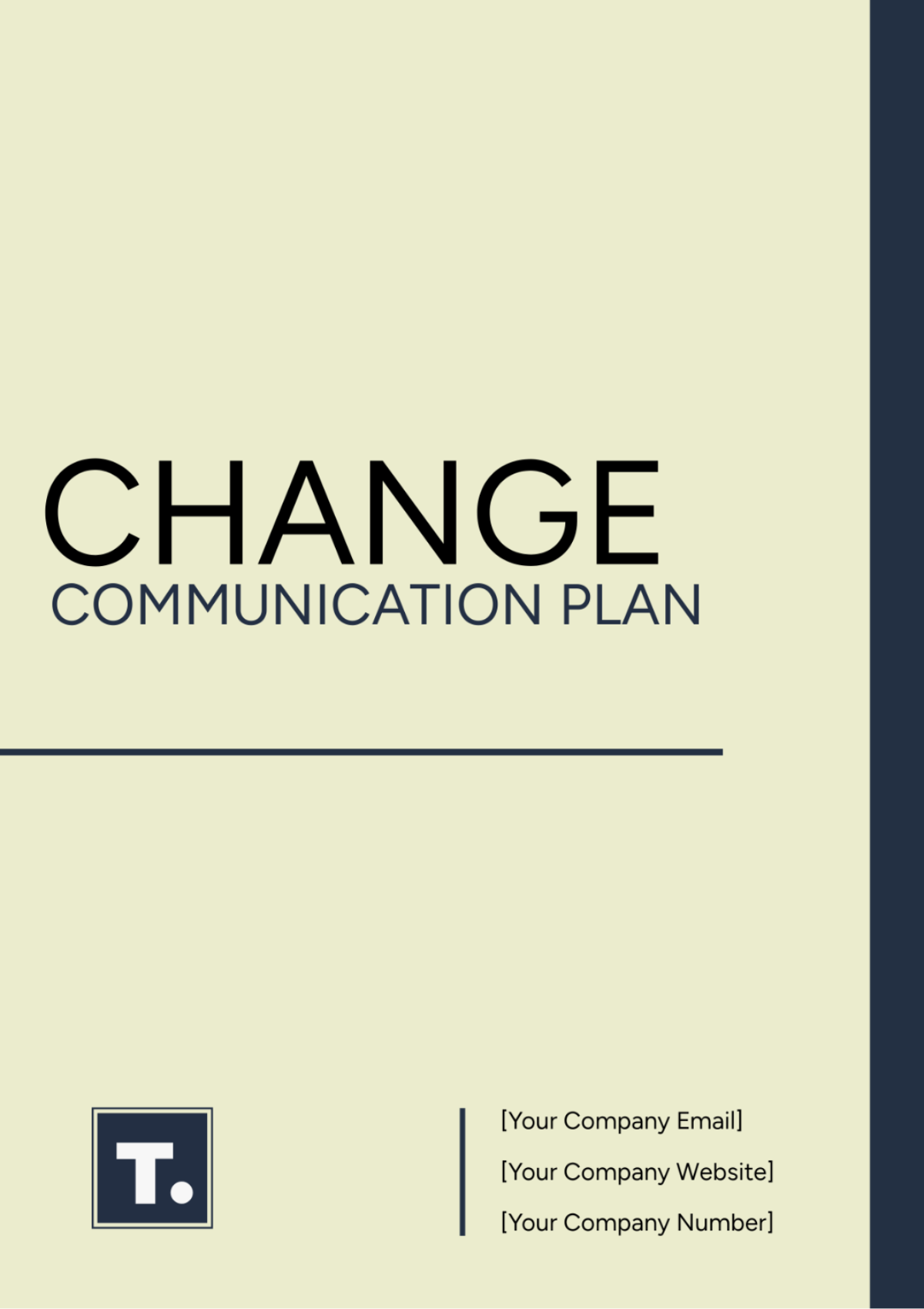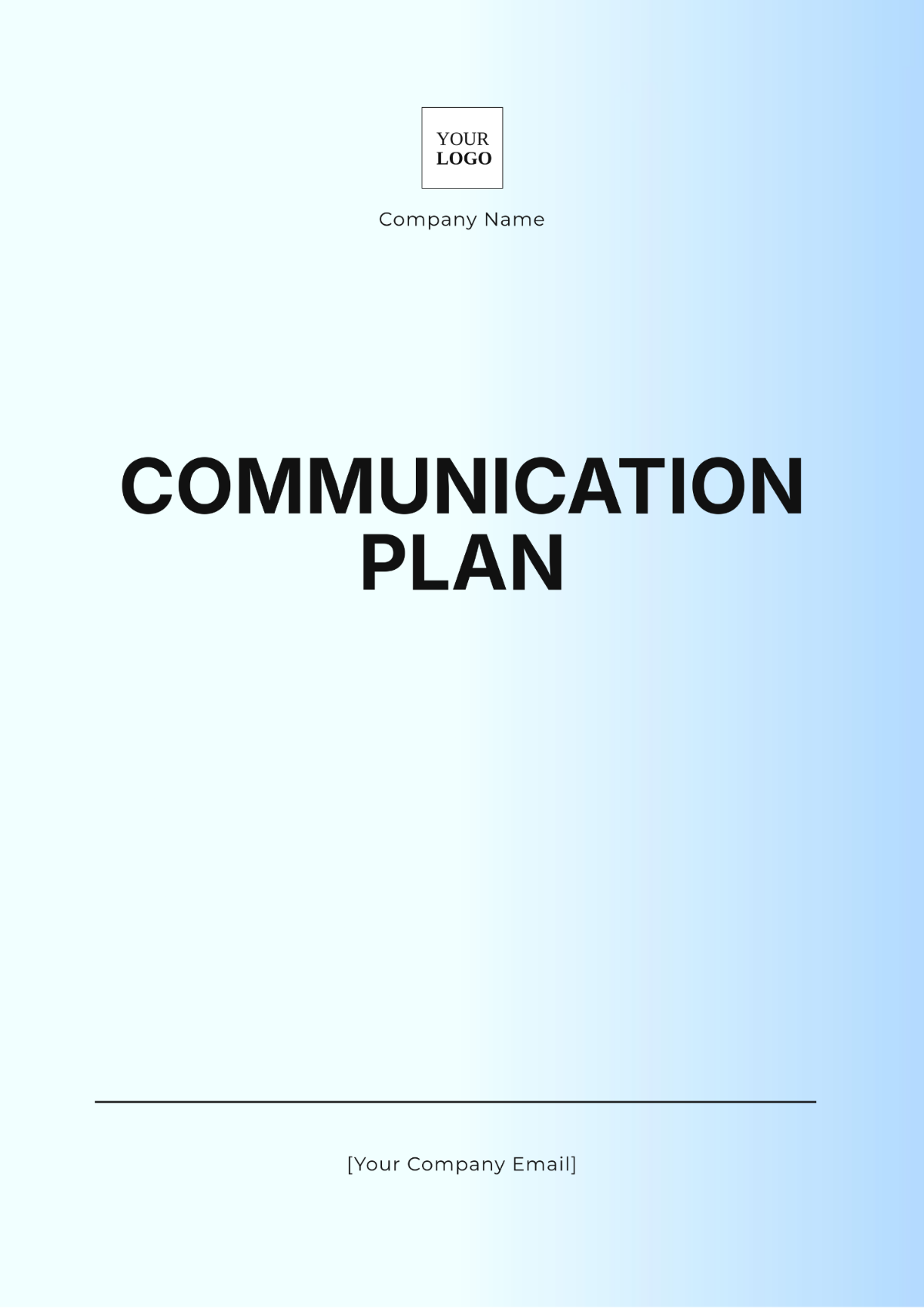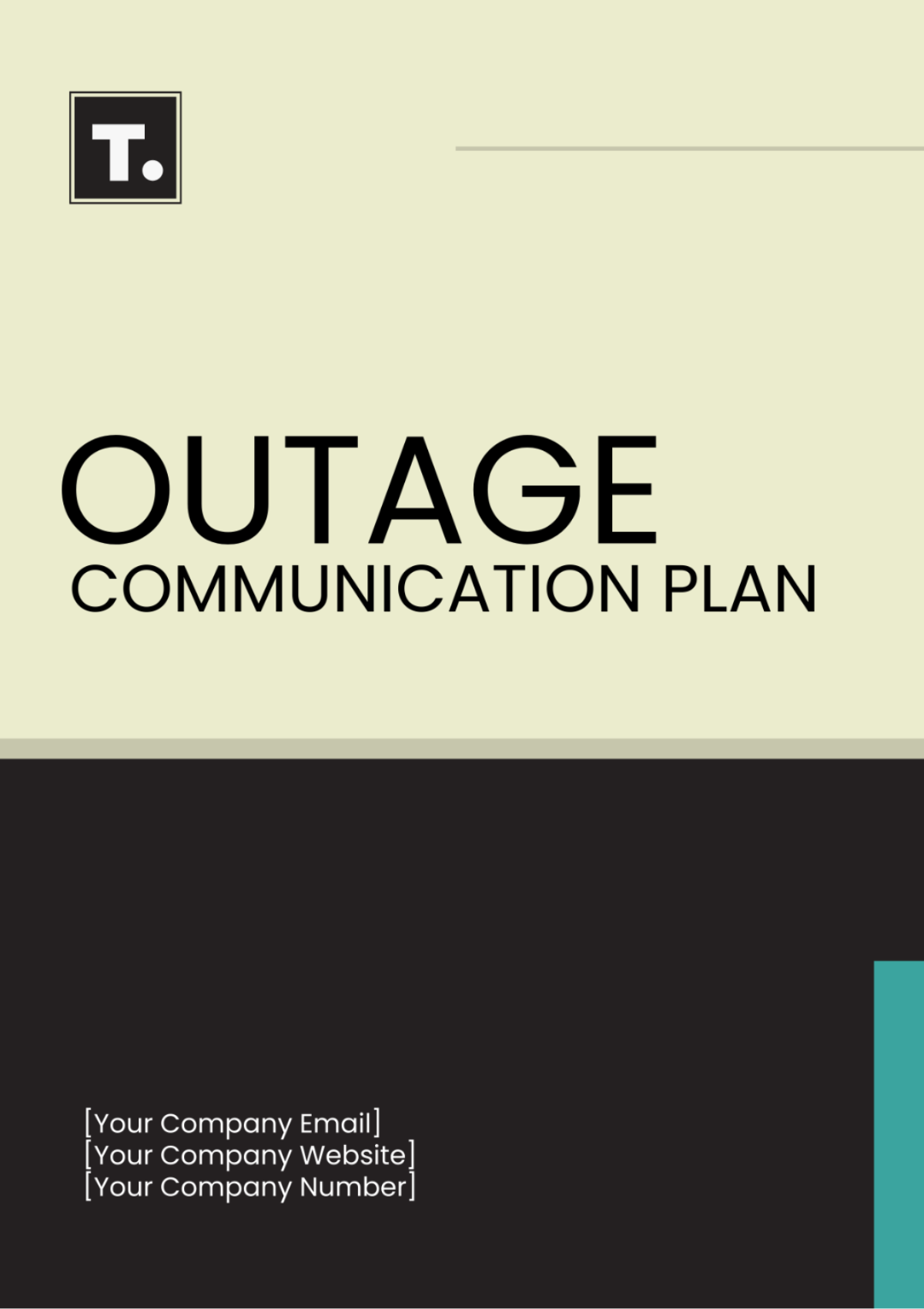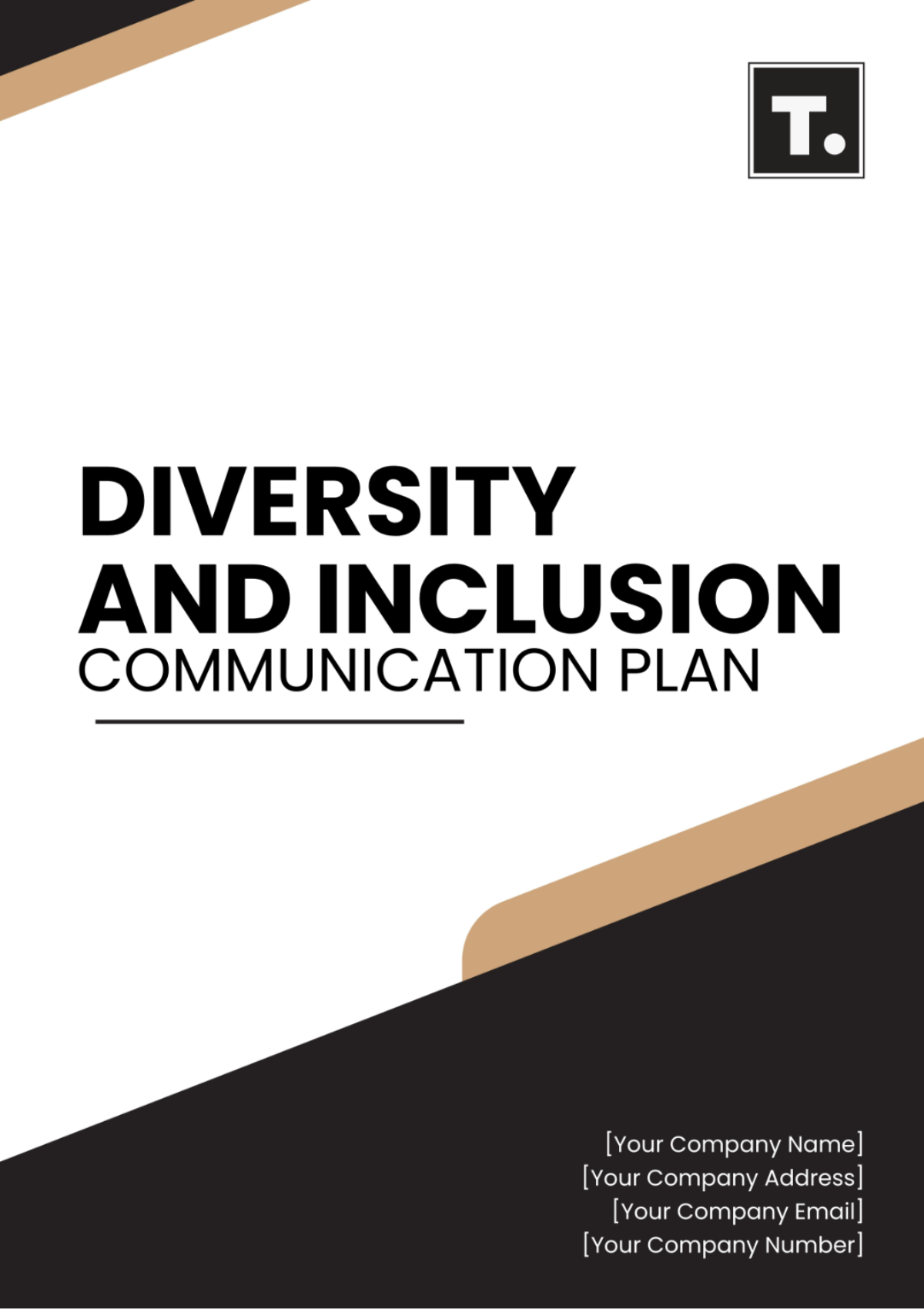Disaster Recovery Communication Plan
Written by: [Your Name]
I. Introduction:
This Disaster Recovery Communication Plan has been developed to ensure that [Your Company Name] is prepared to effectively manage and communicate during a disaster or significant disruption to business operations. This plan outlines the communication channels, timing, frequency, roles, and feedback mechanisms necessary for a successful recovery process.
II. Objectives:
The primary objectives of this Disaster Recovery Communication Plan are:
To provide clear and timely information to all stakeholders during a disaster.
To establish and maintain communication channels that facilitate effective information exchange.
To assign roles and responsibilities to ensure coordinated and efficient communication.
To ensure continuous feedback and adjustment of communication strategies as needed.
III. Communication Team:
The following individuals are responsible for executing the Disaster Recovery Communication Plan:
Role | Name | Contact Information |
|---|---|---|
Disaster Recovery Lead | [Lead Name] | [Lead Email], [Lead Phone Number] |
Communications Manager | [Manager Name] | [Manager Email], [Manager Phone Number] |
IT Support | [IT Support Name] | [IT Support Email], [IT Support Phone Number] |
HR Representative | [HR Name] | [HR Email], [HR Phone Number] |
IV. Communication Channels:
The following communication channels will be used to disseminate information during a disaster:
Email: Primary method for detailed communication to internal and external stakeholders.
Company Website: Updates and announcements posted on the homepage.
Social Media: Rapid updates and announcements via [Your Company Social Media].
Phone Calls/Text Messages: Direct communication for urgent updates.
Internal Messaging: Use of platforms like Slack or Microsoft Teams for internal team coordination.
V. Timing & Frequency:
Timing and Frequency Recommendations | Duration |
|---|---|
Initial Notification | Within [X] minutes of identifying the disruption. |
Regular Updates | Every [X] hours until resolution. |
Major Milestones | Immediate notification upon reaching significant milestones in the recovery process. |
VI. Incident Response Procedures:
Assessment: IT team assesses the nature and severity of the disruption.
Communication Activation: Communication officer initiates the communication plan.
Resolution: IT team works towards resolving the issue.
Updates: Regular updates are provided to stakeholders until normal service is restored.
Post-Incident Review: After resolution, a review is conducted to identify lessons learned and areas for improvement.
VII. Roles and Responsibilities:
Detailed roles and responsibilities to ensure coordinated and efficient communication:
Disaster Recovery Lead: Oversees the execution of the communication plan and approves all communications.
Communications Manager: Drafts and disseminates communications, manages media relations.
IT Support: Ensures the technical infrastructure supports all communication channels.
HR Representative: Communicates with employees regarding safety and operational changes.
Stakeholder Liaison: Maintains direct contact with key external stakeholders (clients, partners, suppliers).
VIII. Feedback Mechanisms:
To continuously improve the Communication Plan, the following feedback mechanisms will be implemented:
Surveys: Collect feedback from employees and stakeholders post-disaster.
Review Meetings: Hold debriefs with the communication team to evaluate the effectiveness of the plan.
Anonymous Feedback: Allow anonymous submissions to identify unnoticed issues.
Data Analysis: Analyze communication metrics (open rates, engagement) to adjust strategies as needed.
IX. Conclusion:
This Disaster Recovery Communication Plan is essential for ensuring that [Your Company Name] can manage and recover from disasters effectively. By following the outlined strategies and maintaining open lines of communication, we can minimize the impact on our operations and stakeholders.
